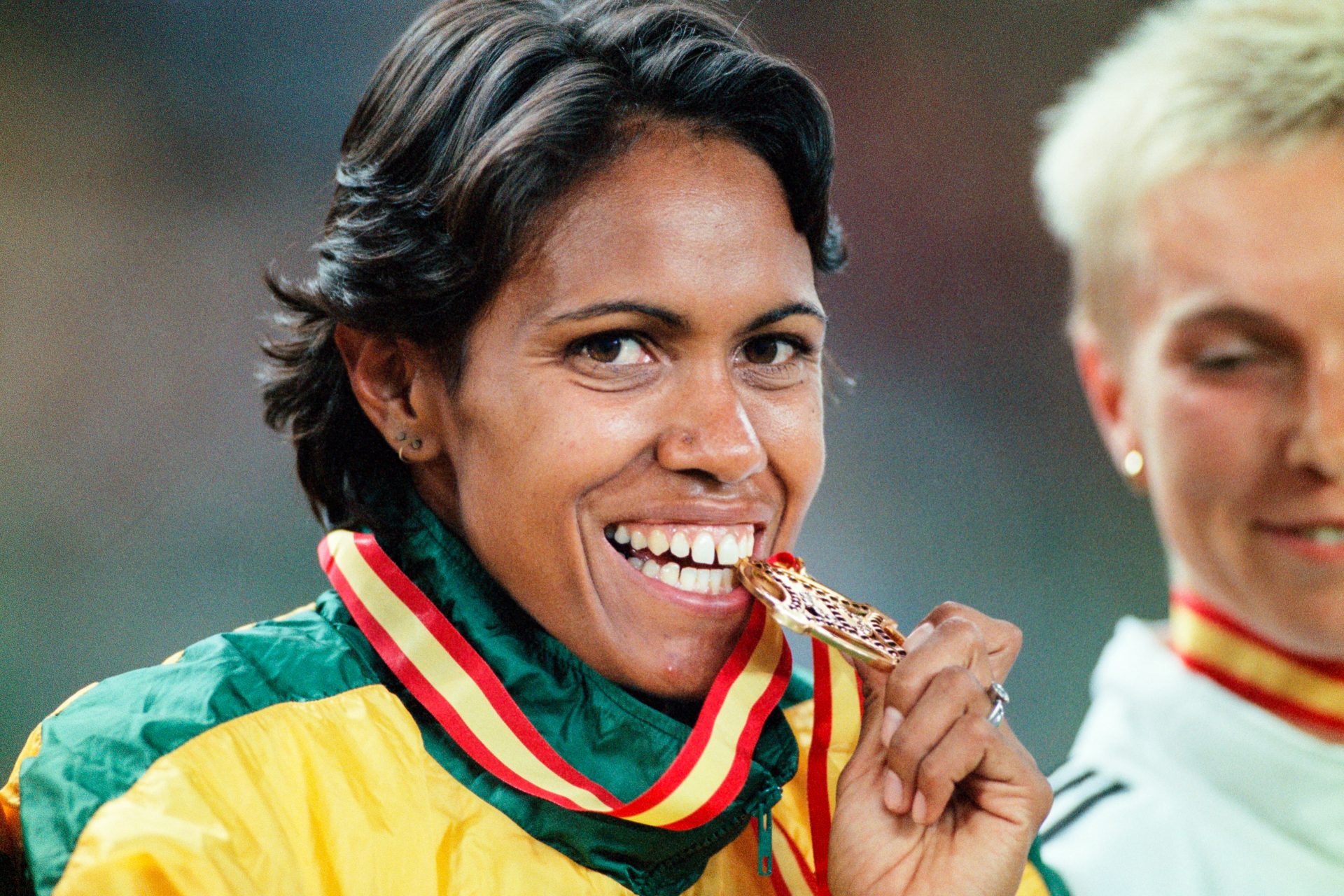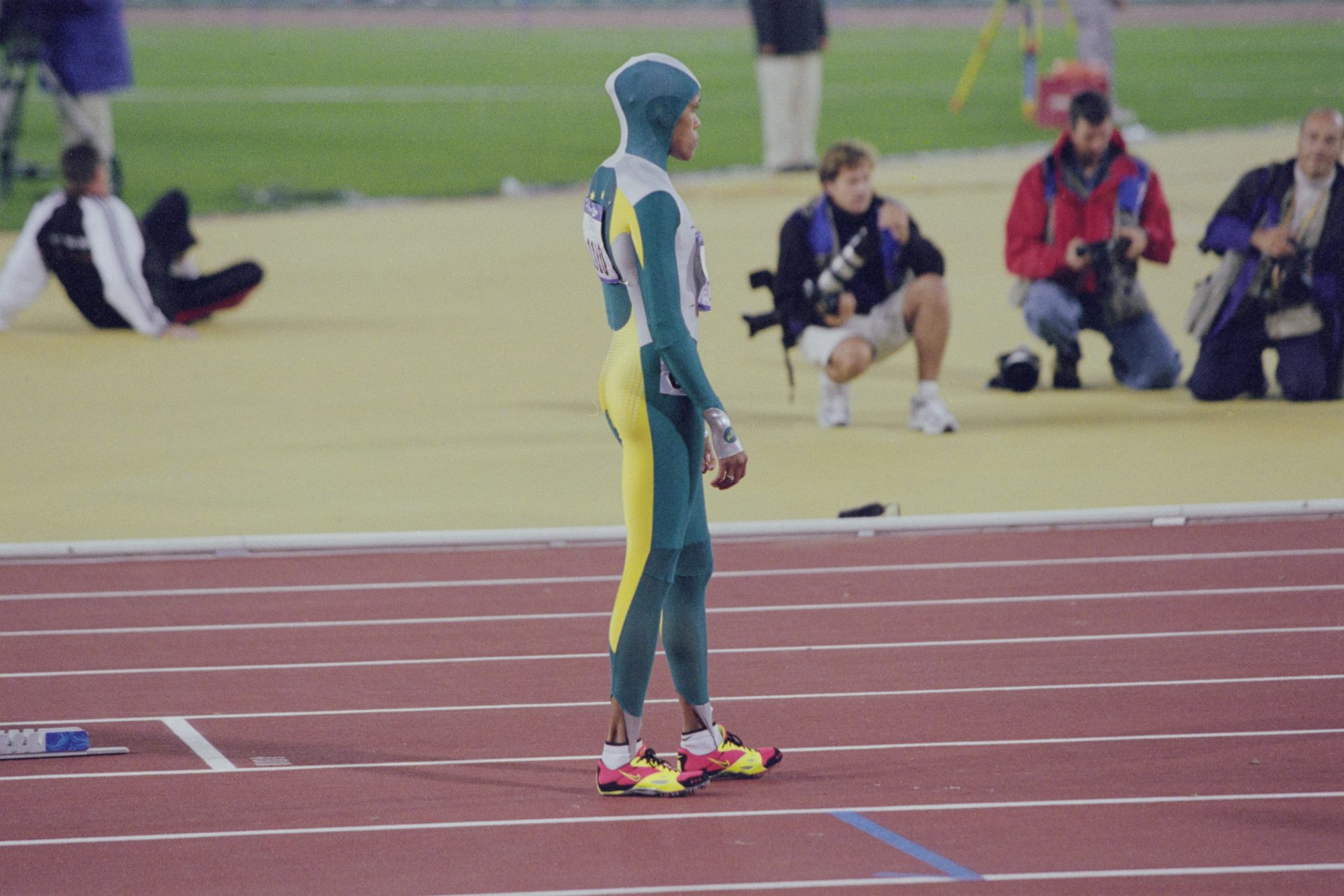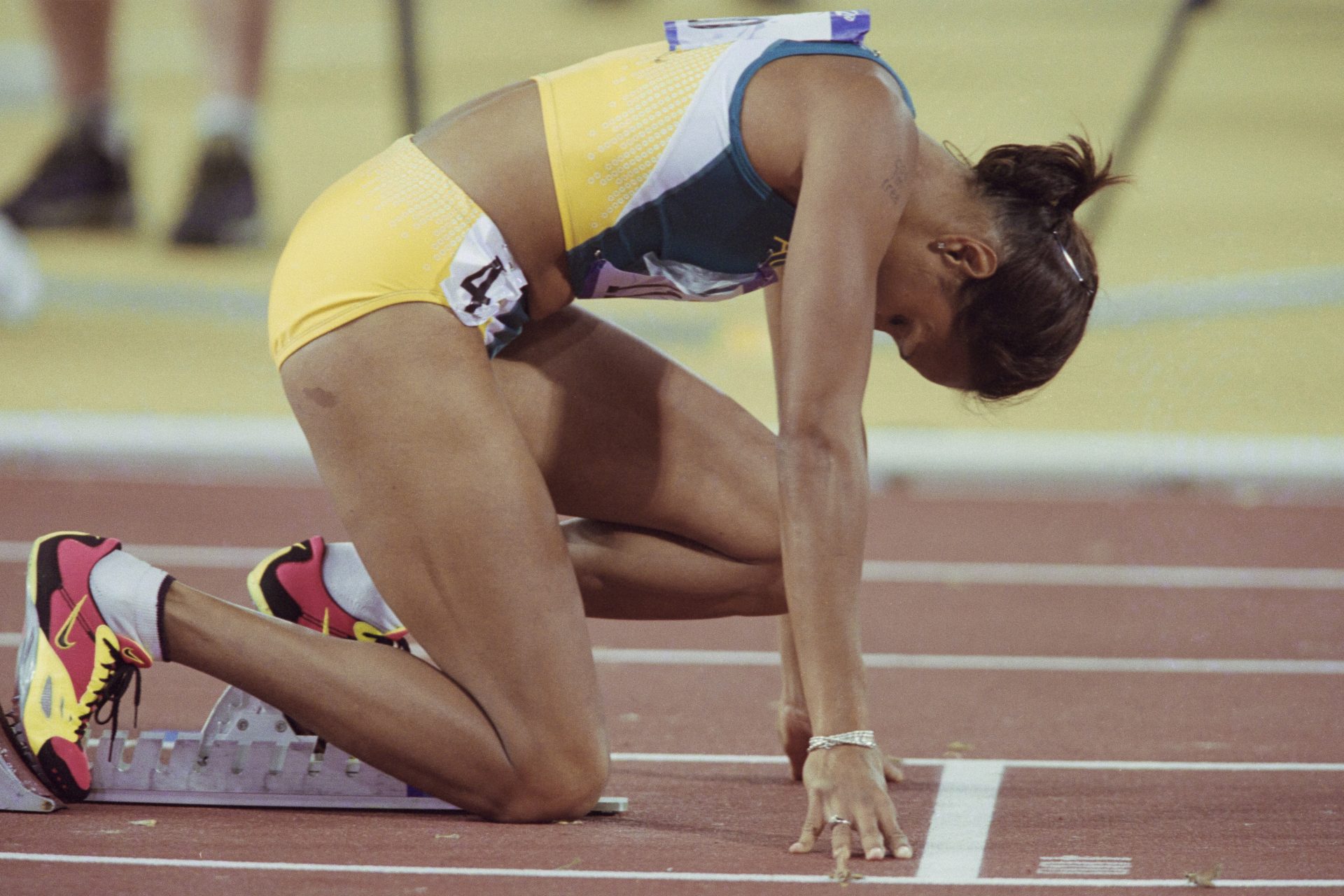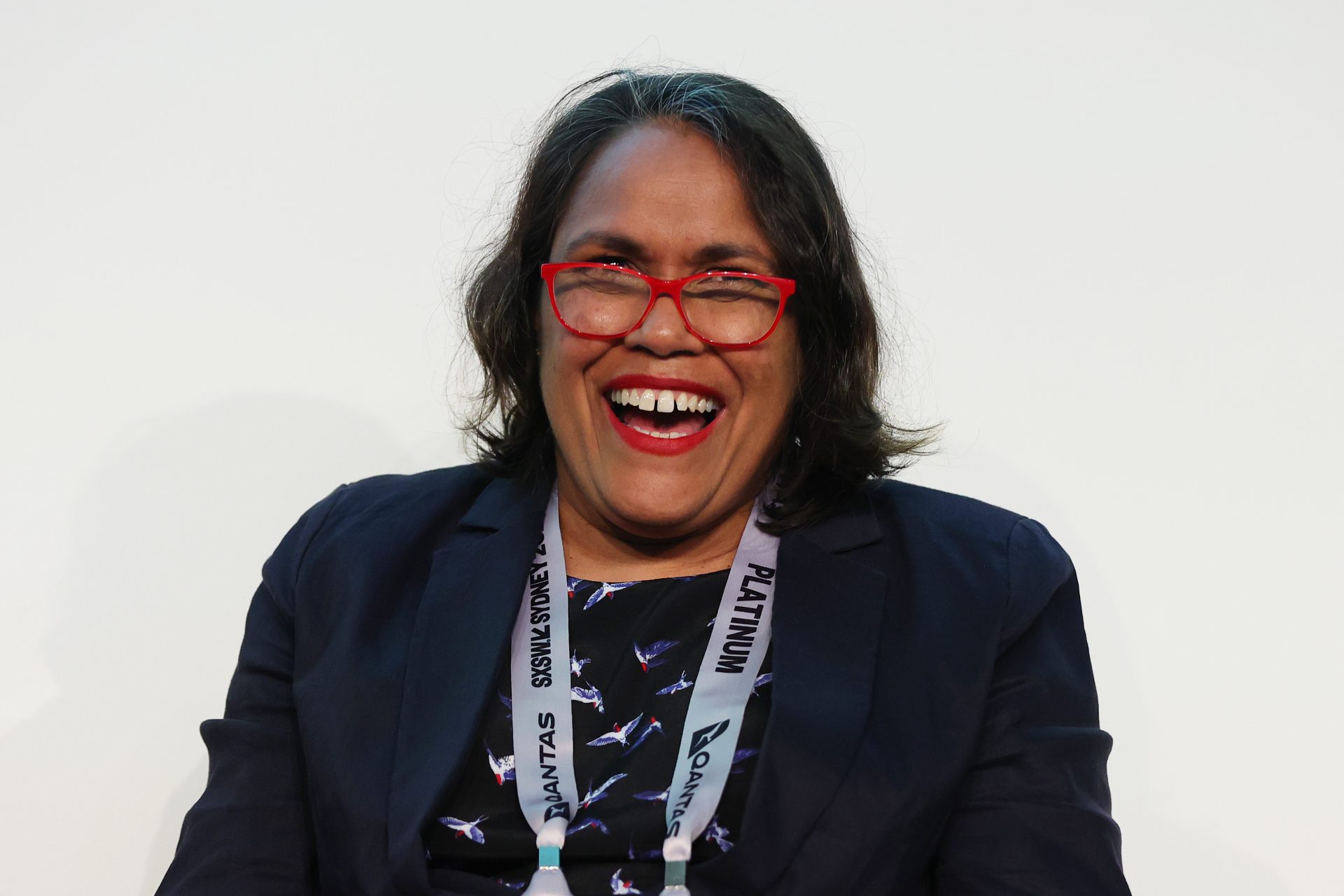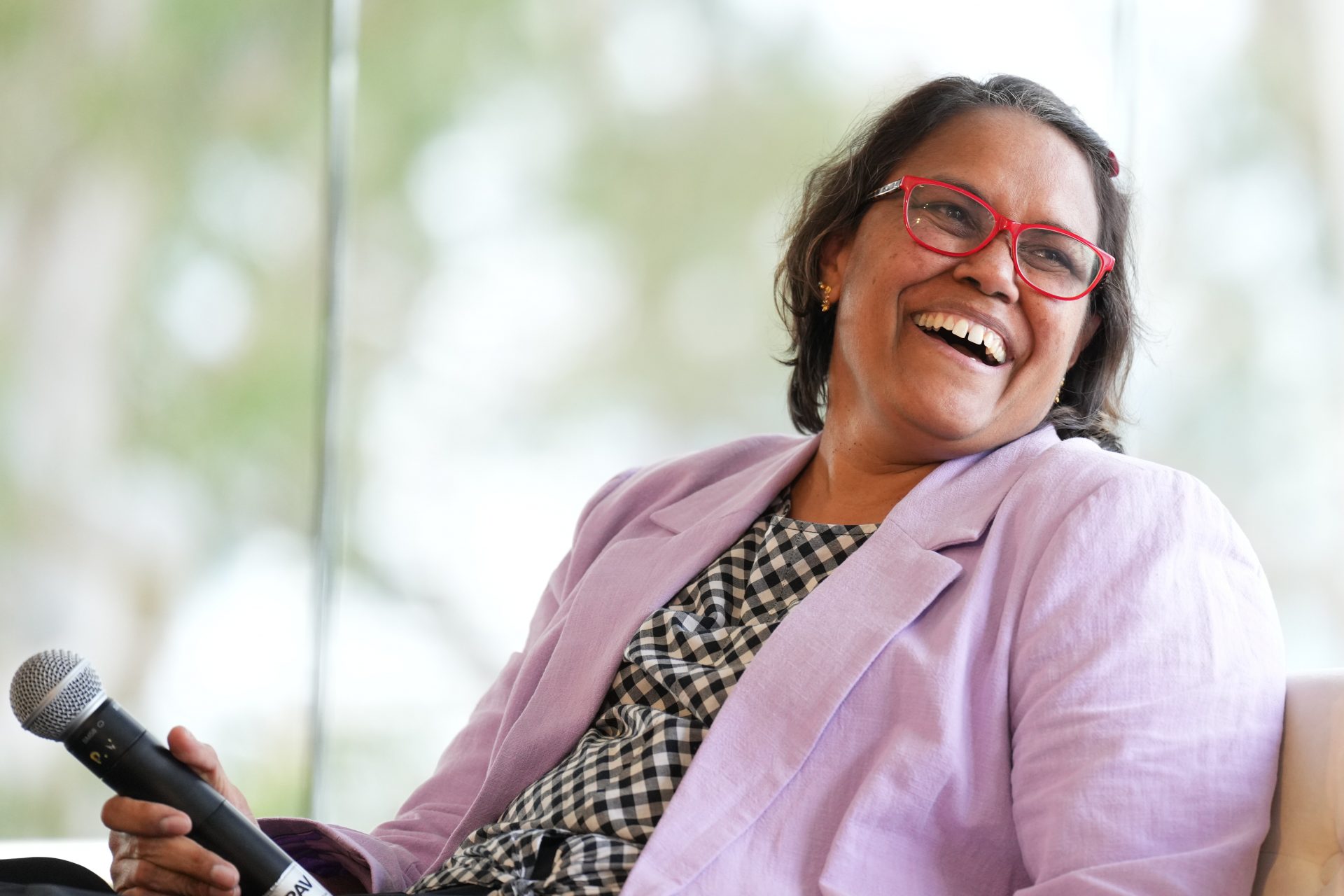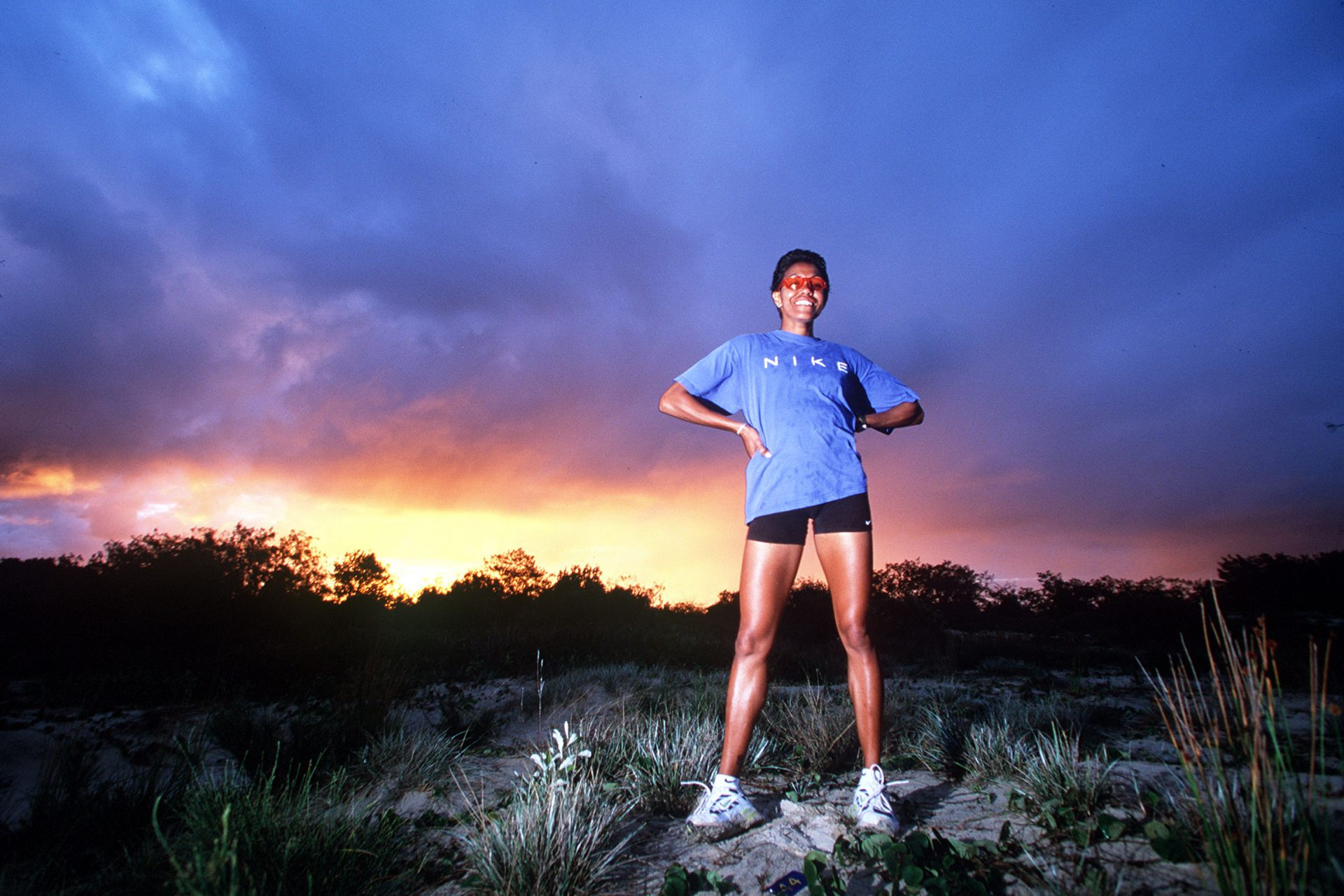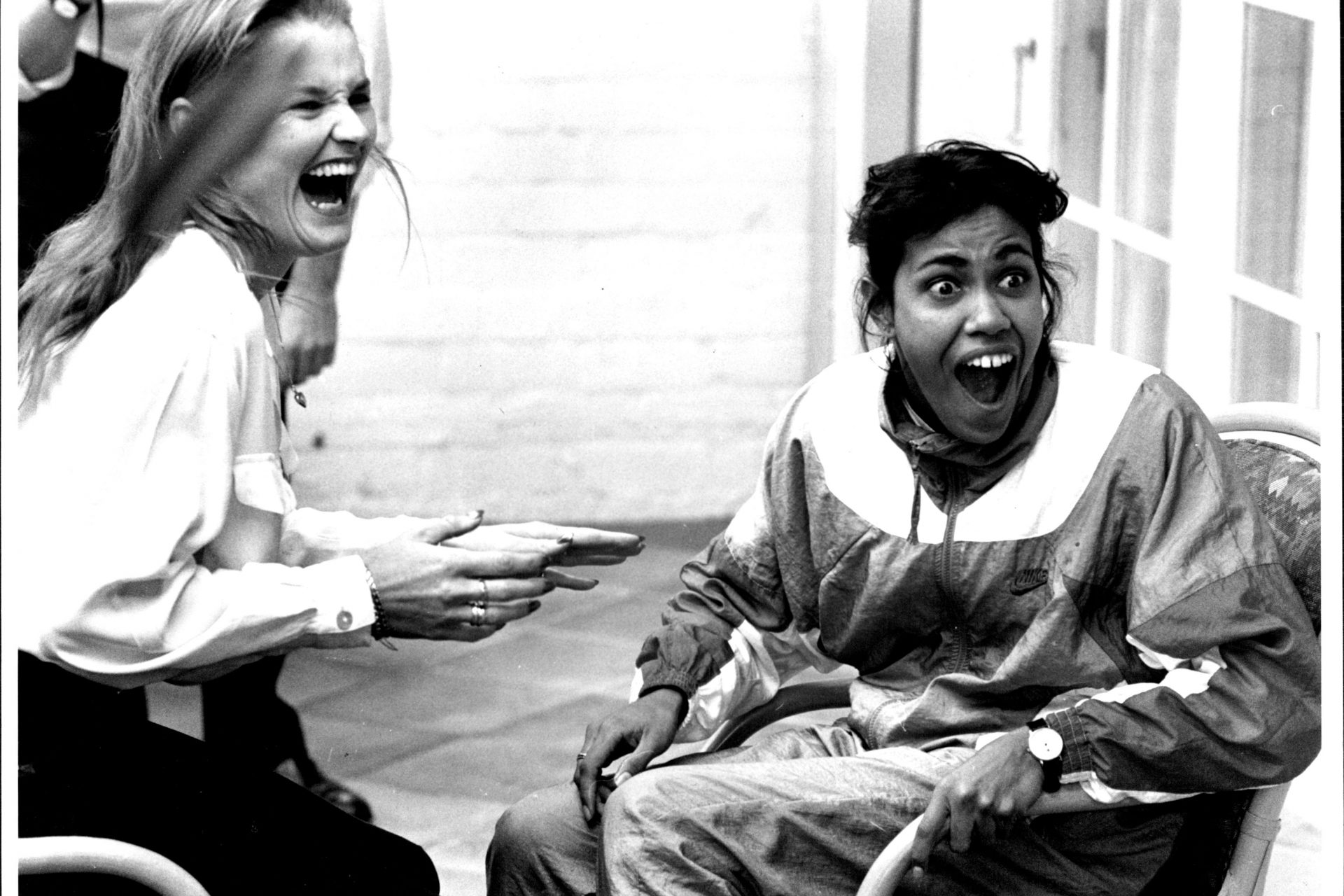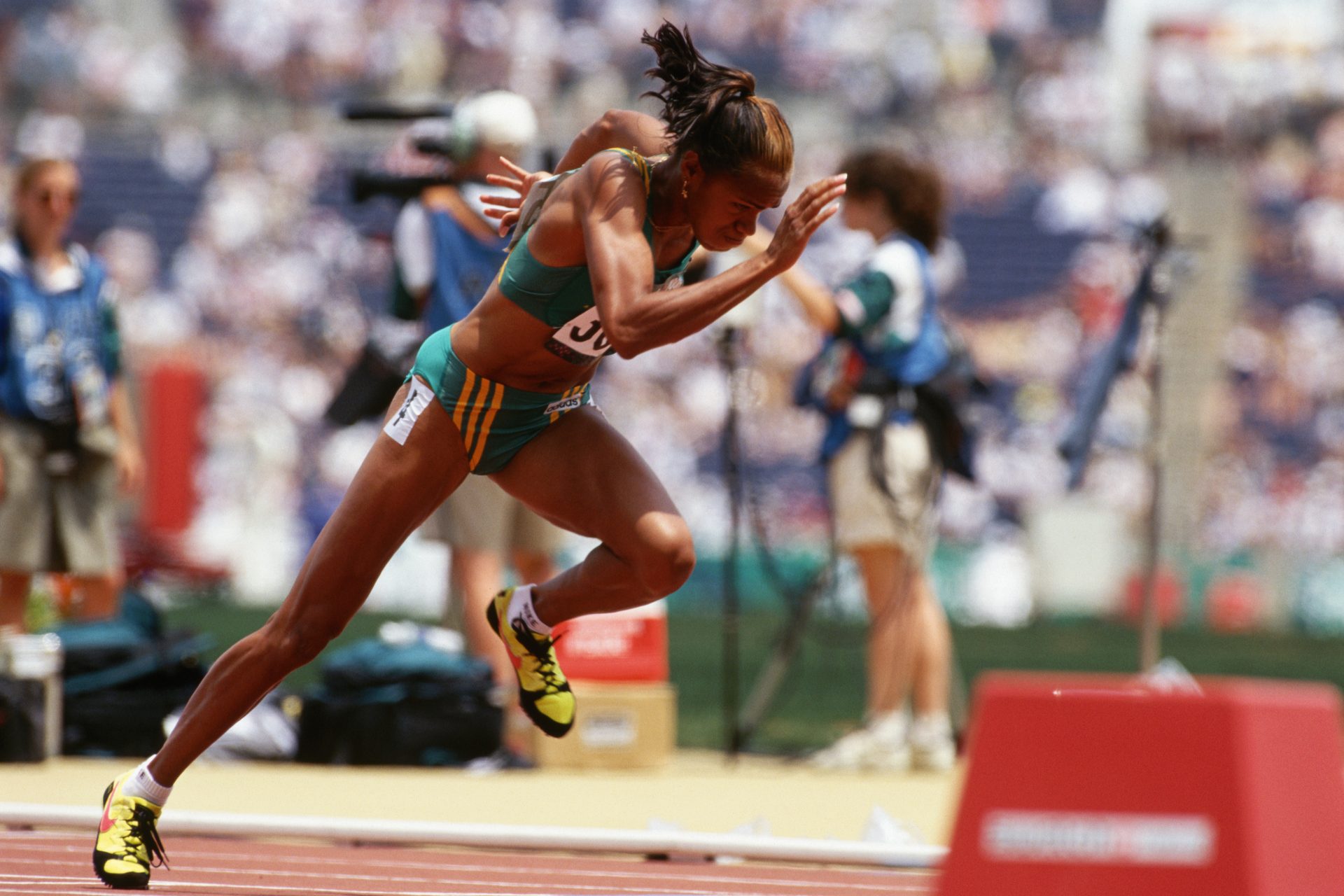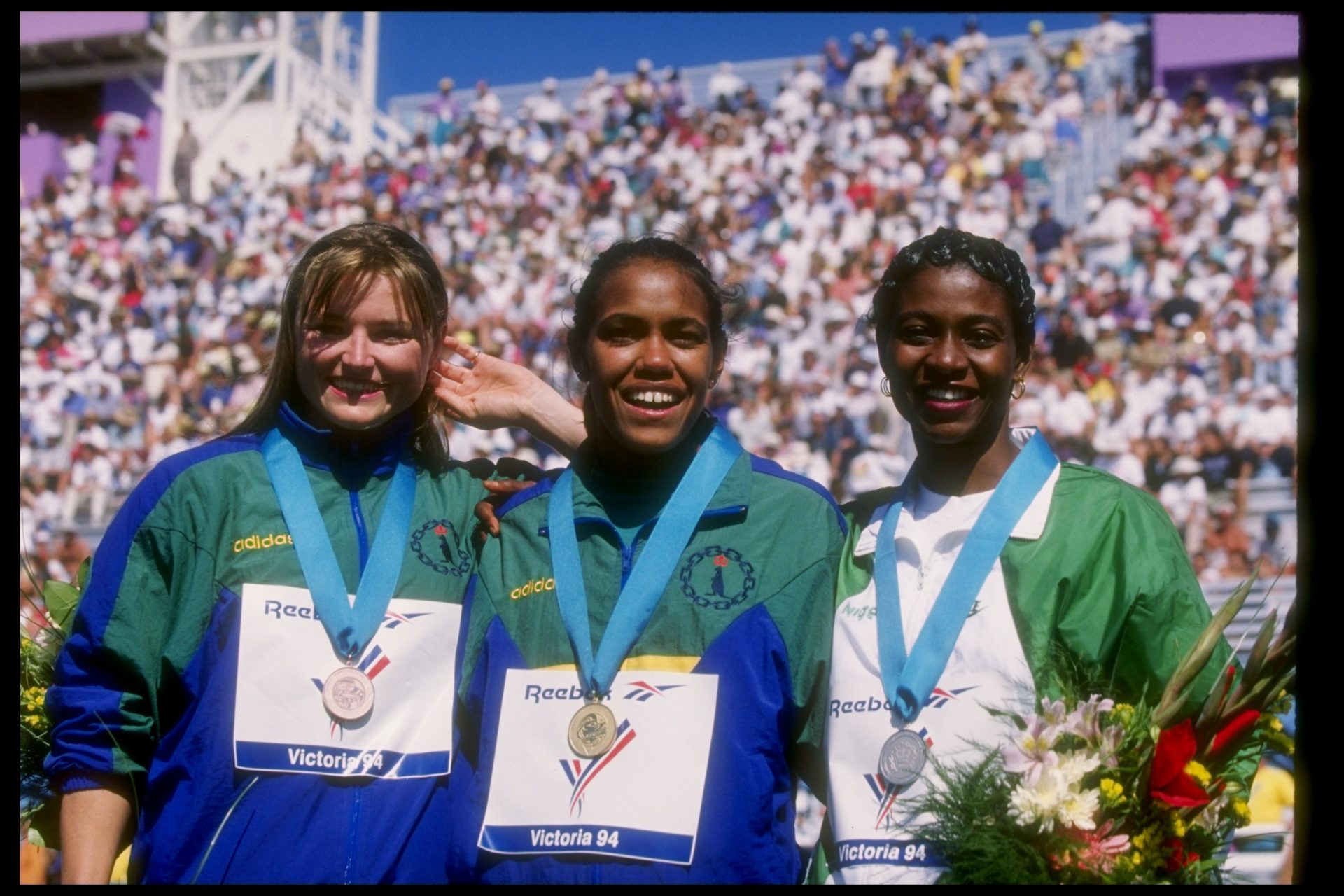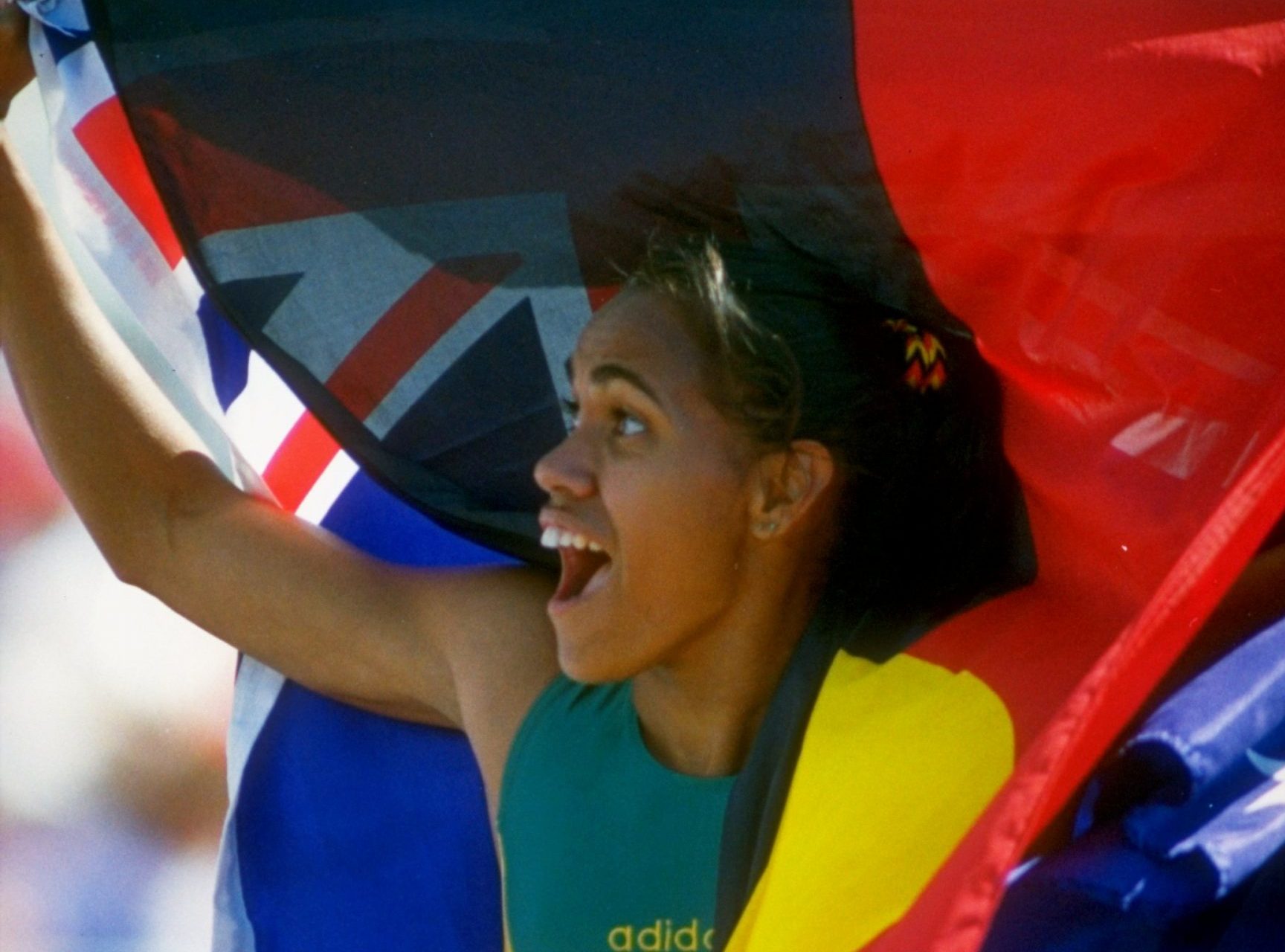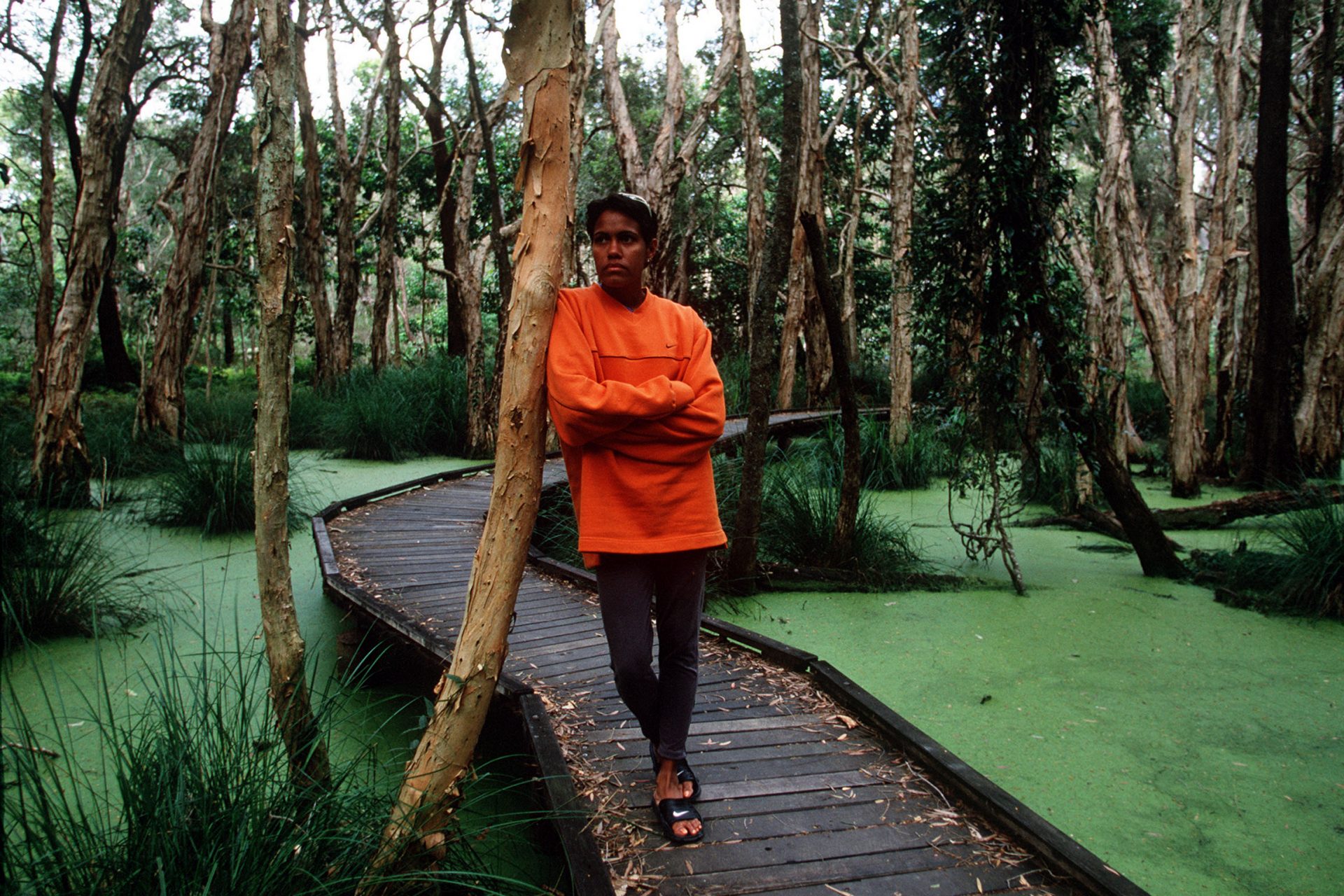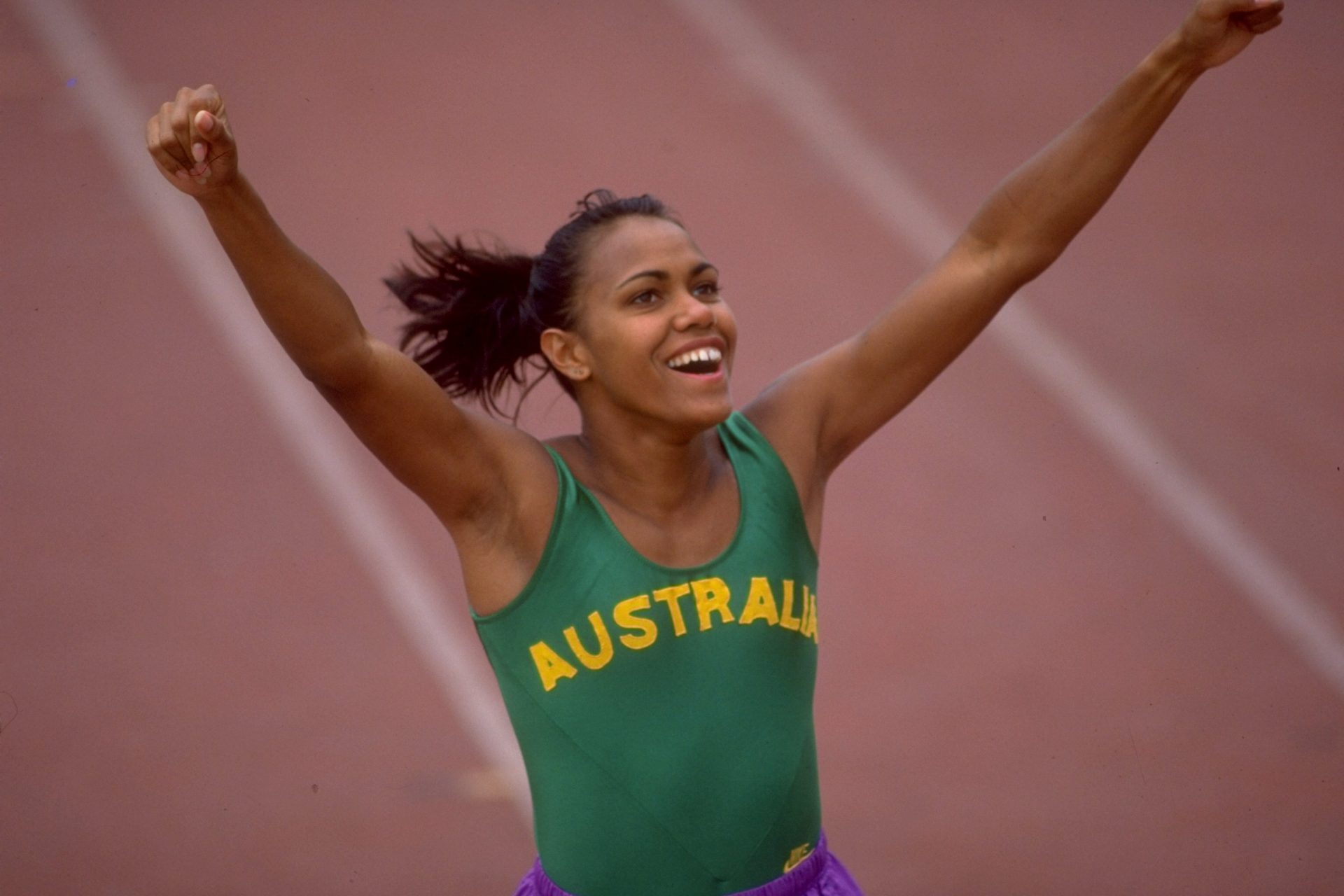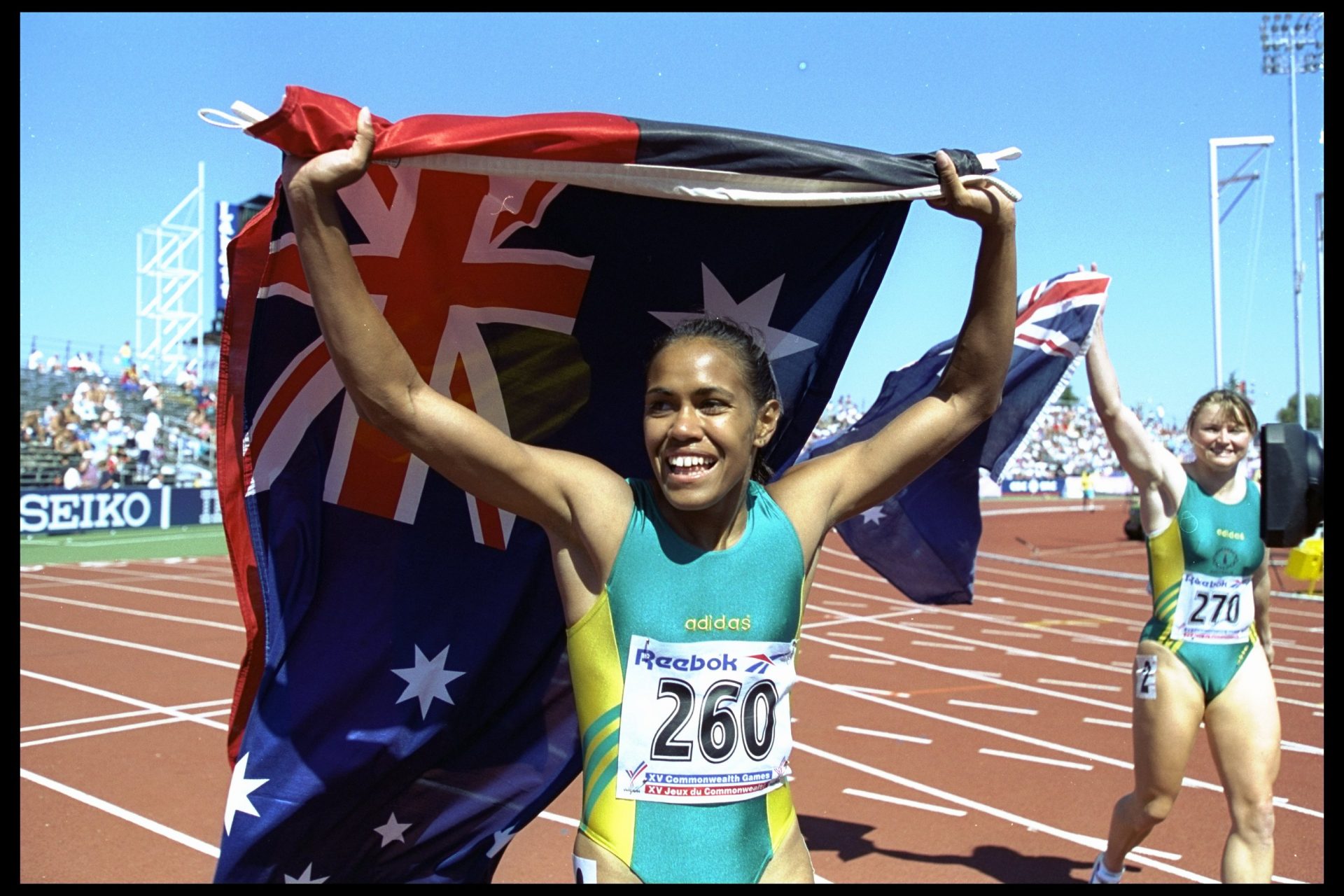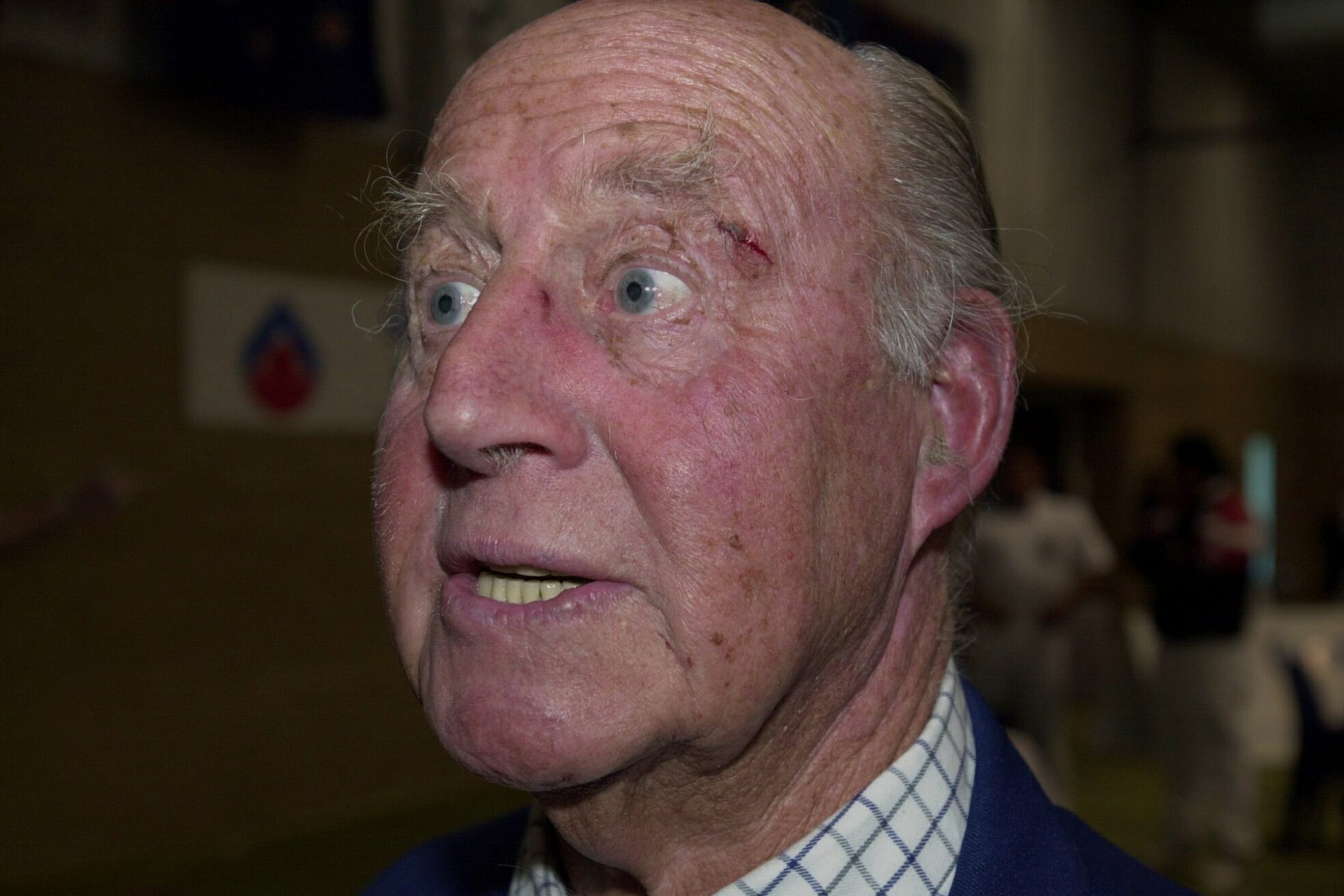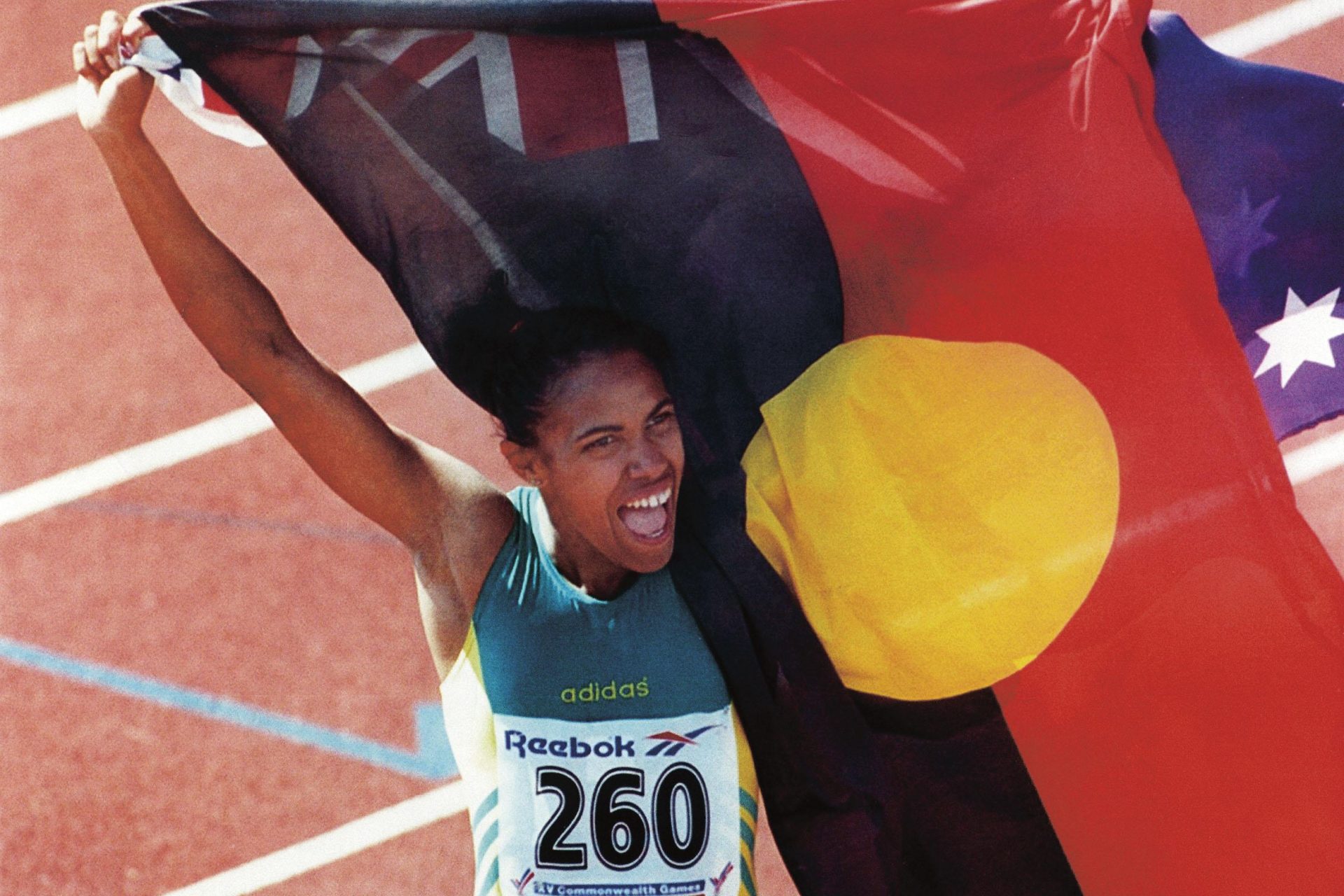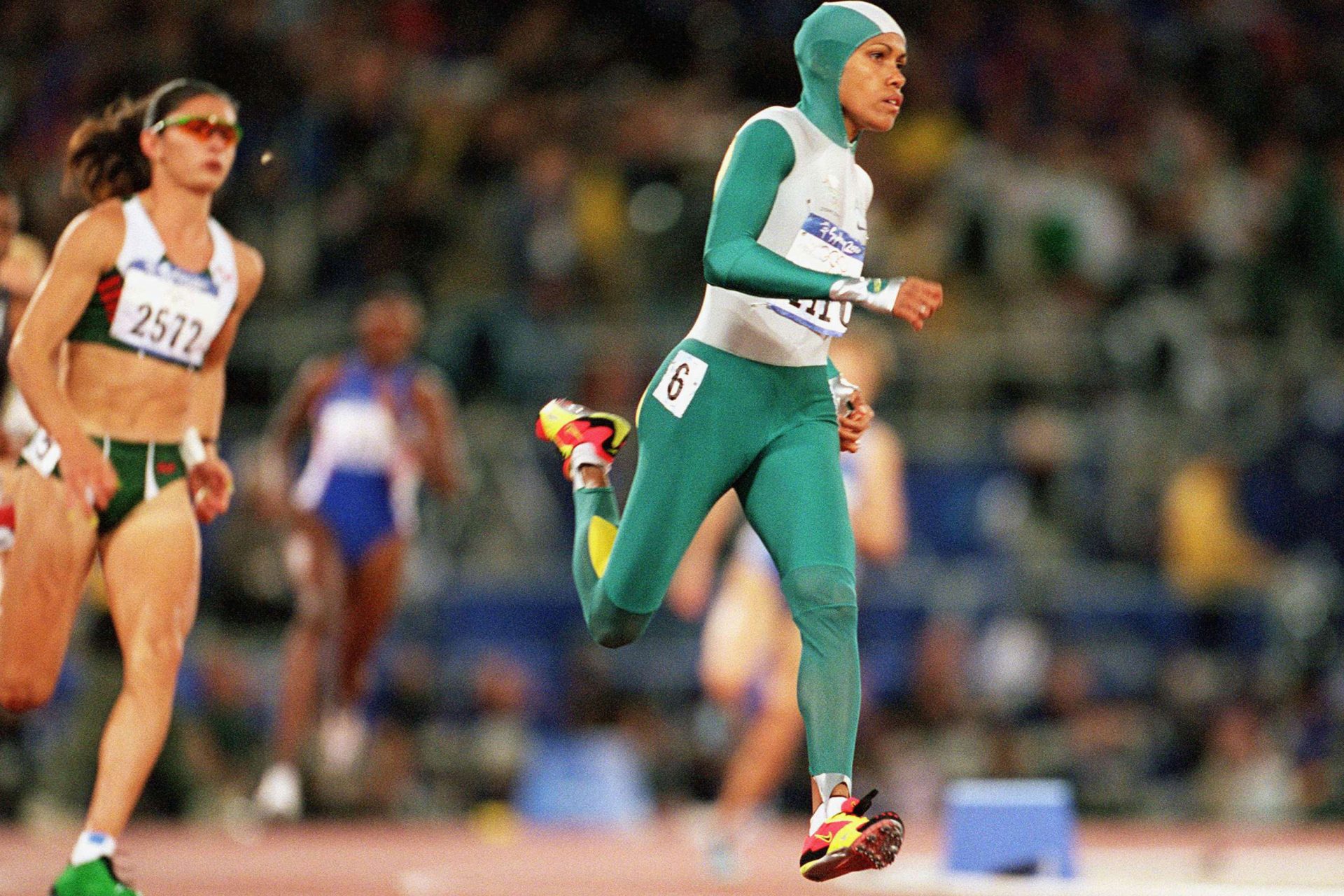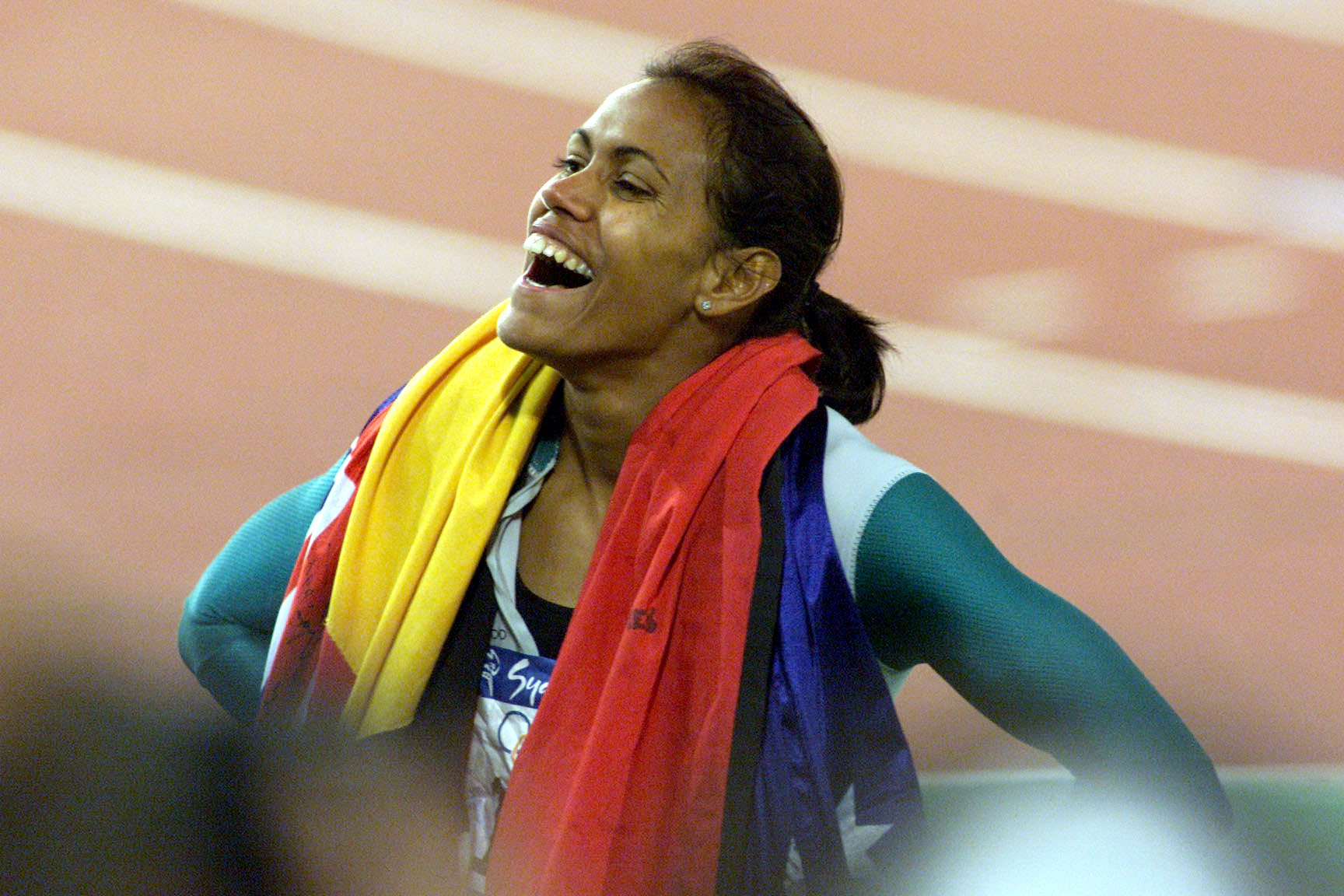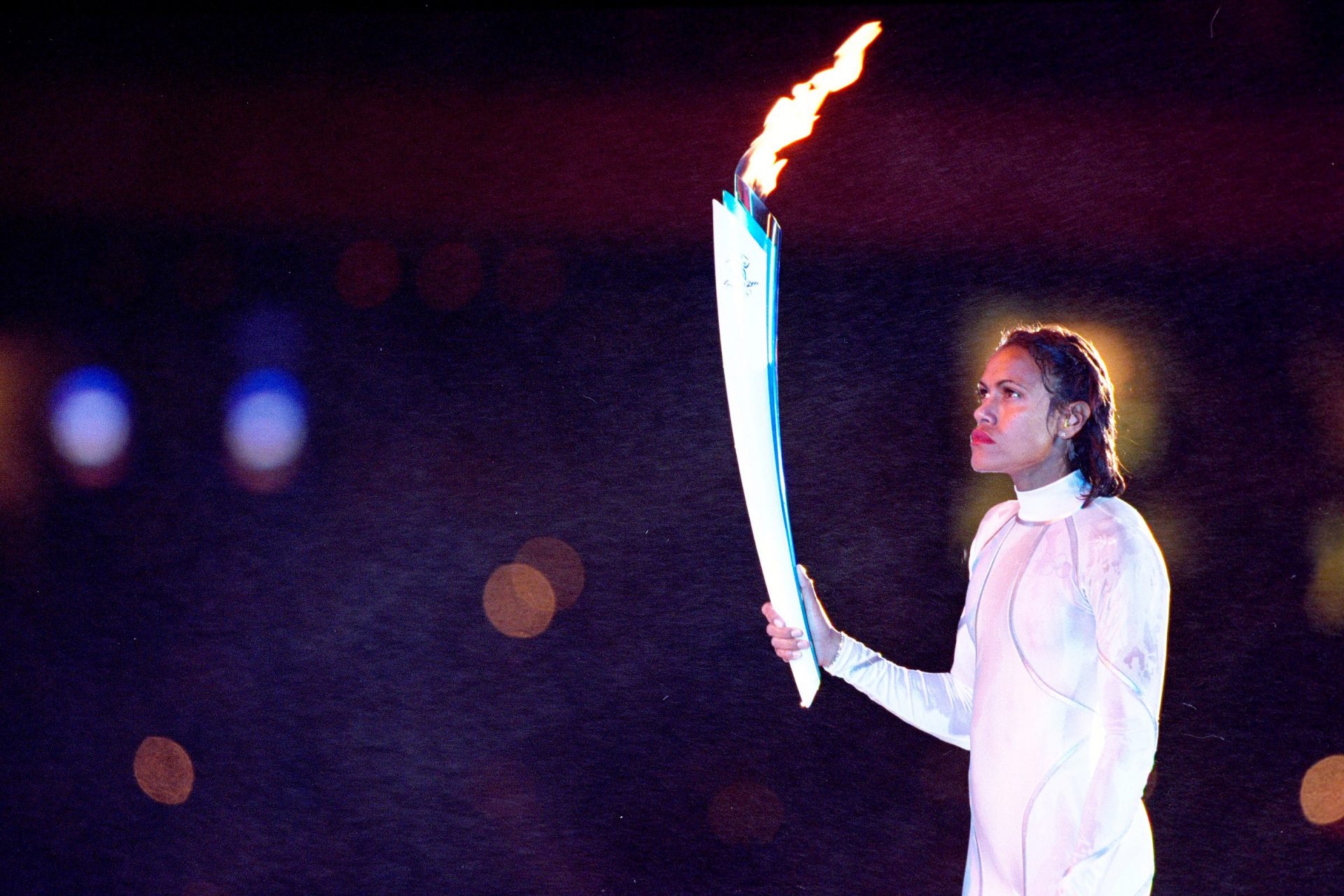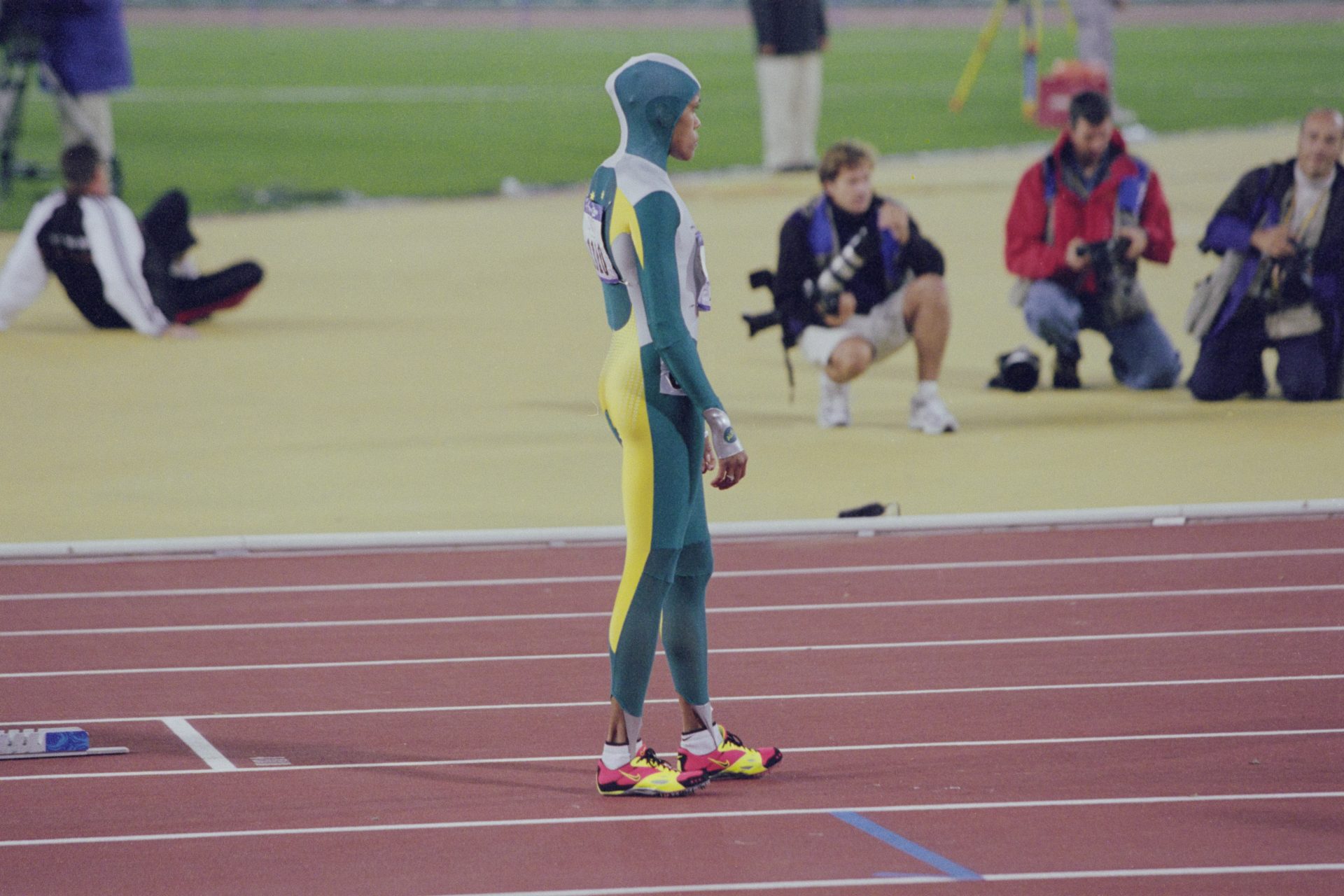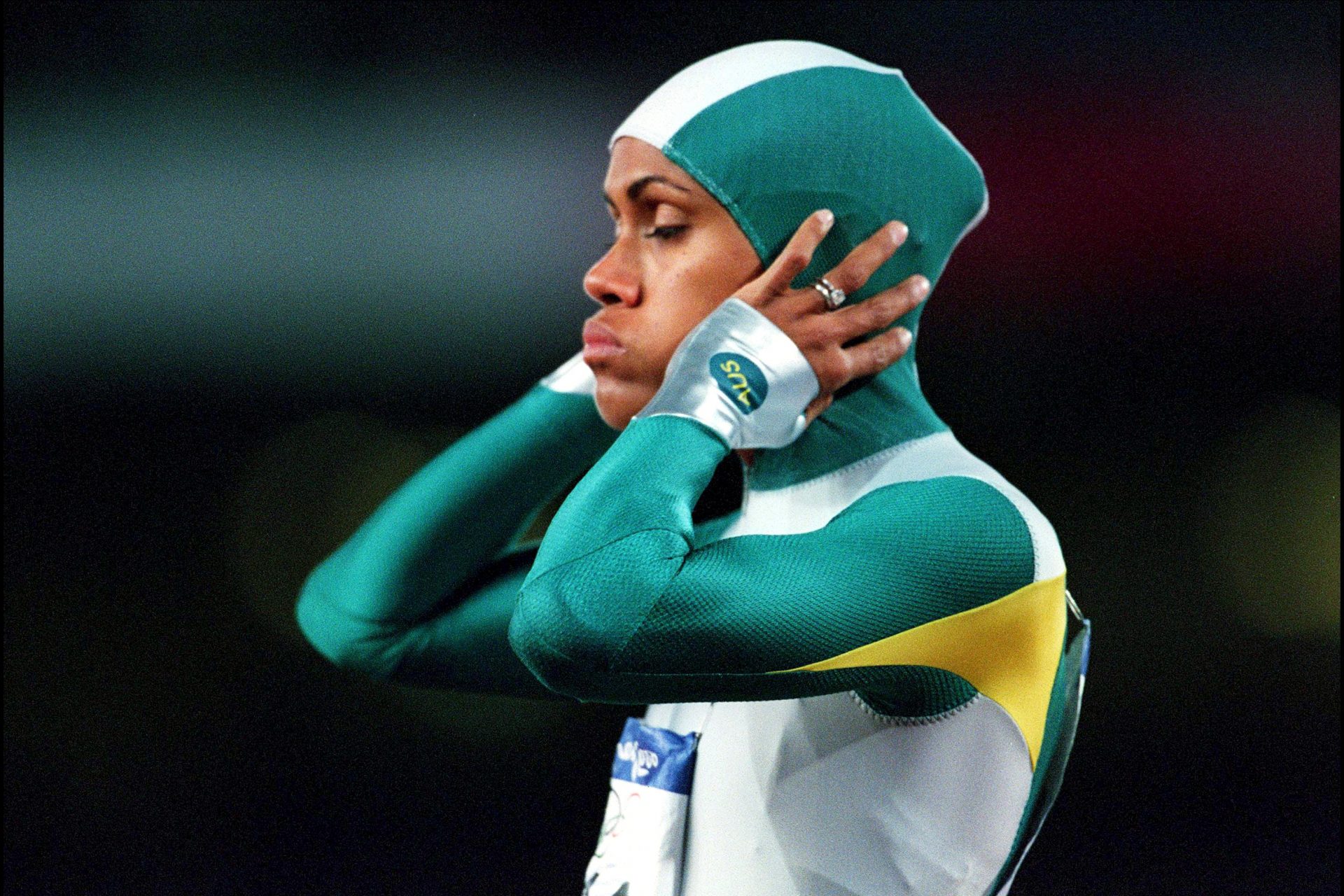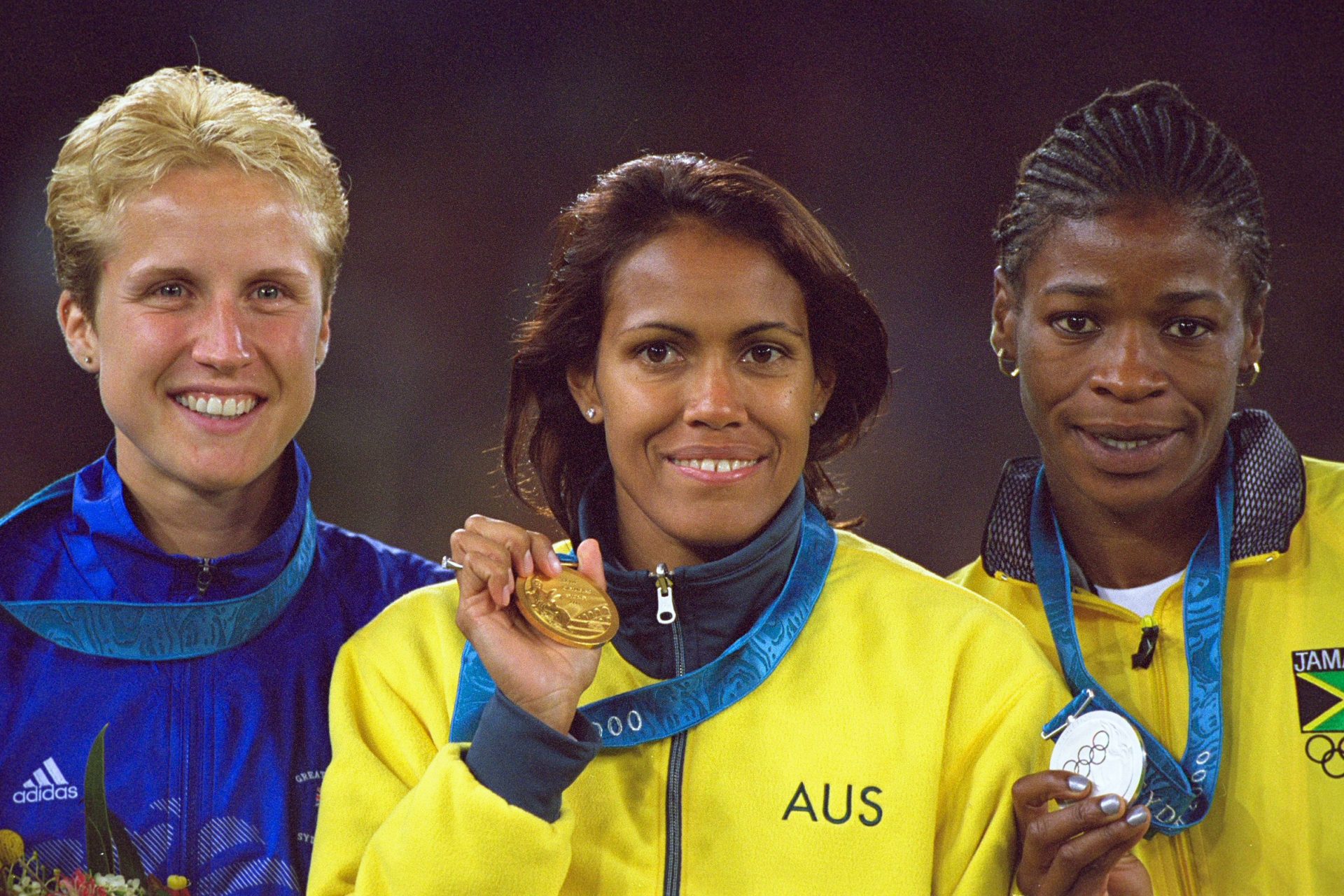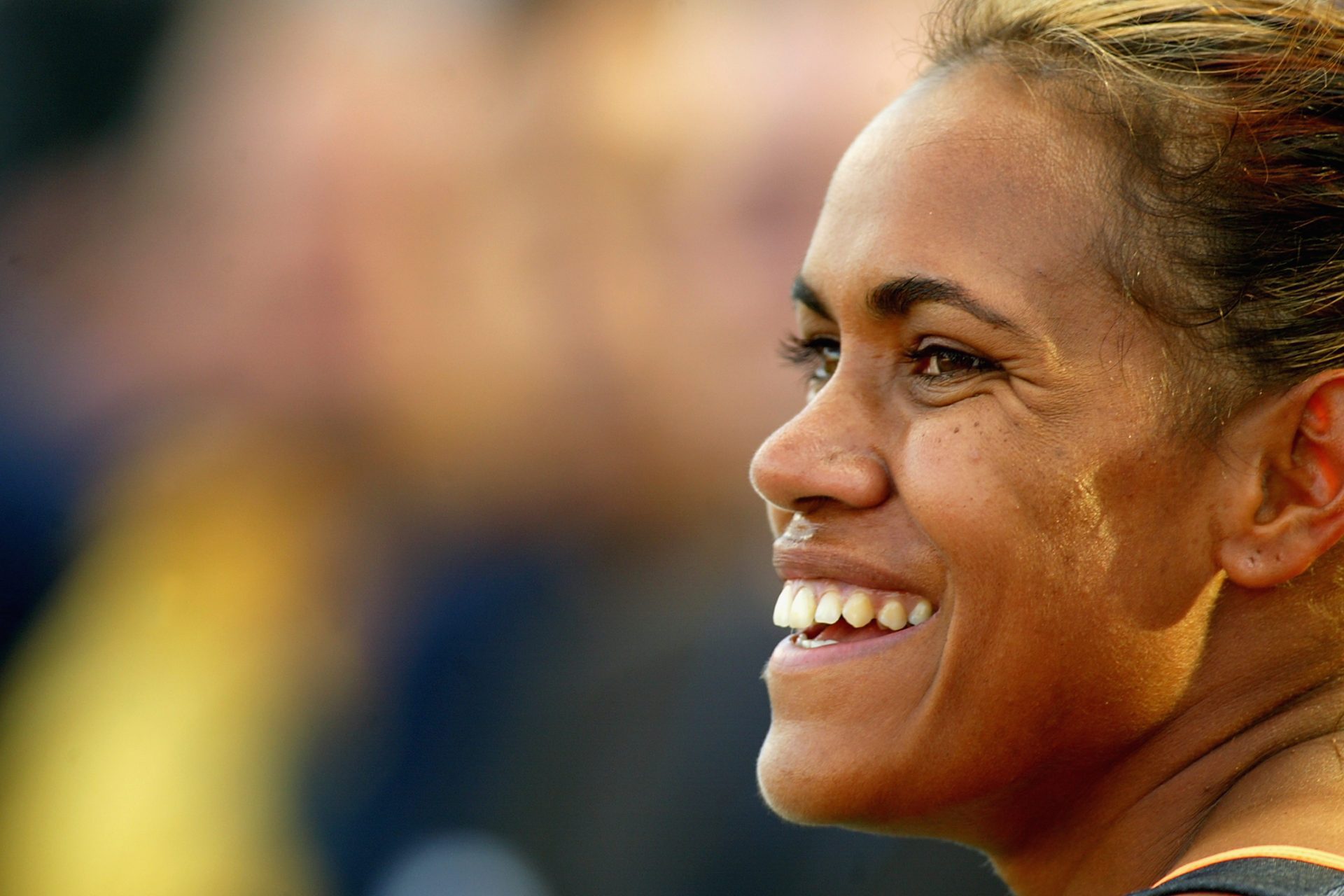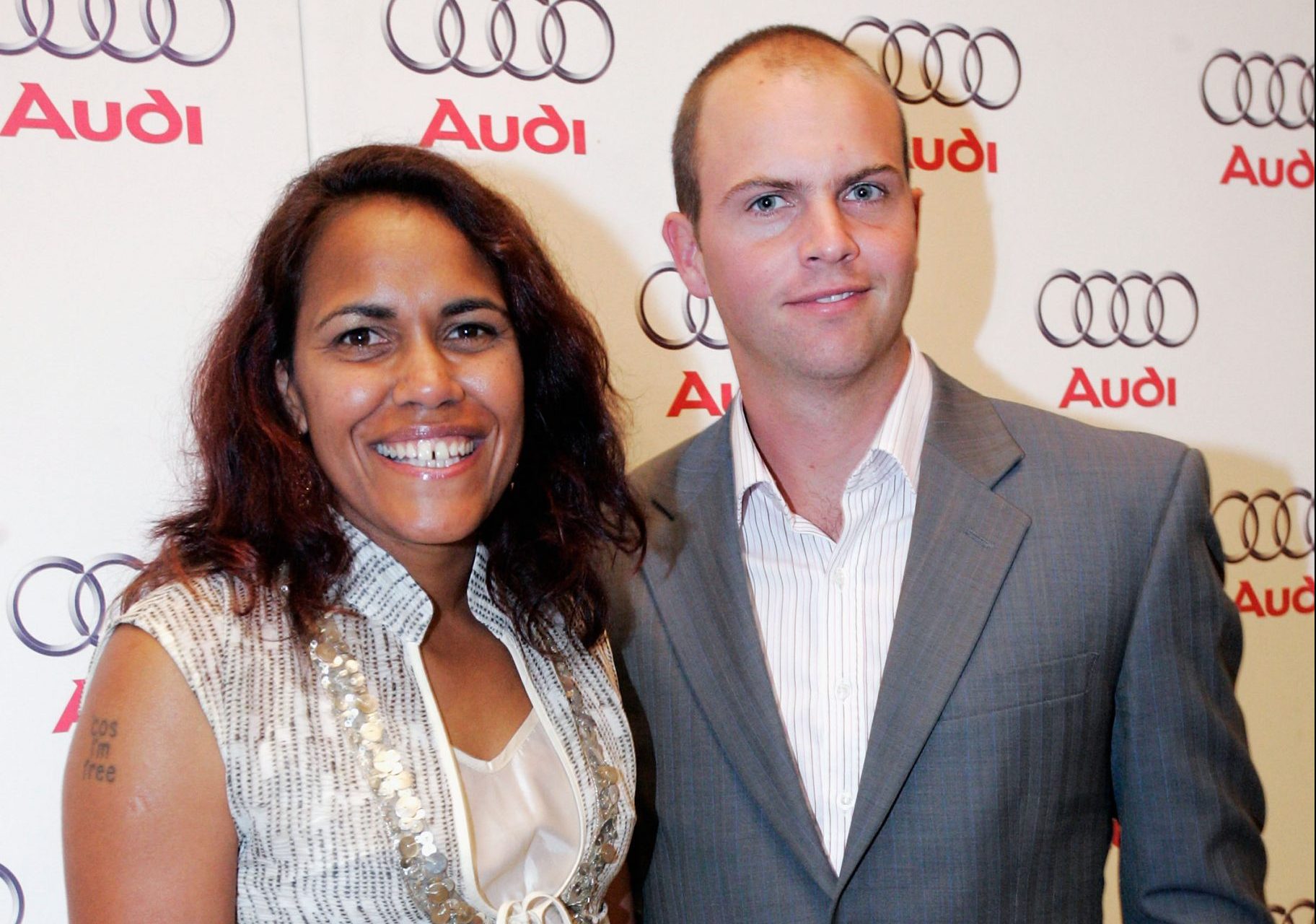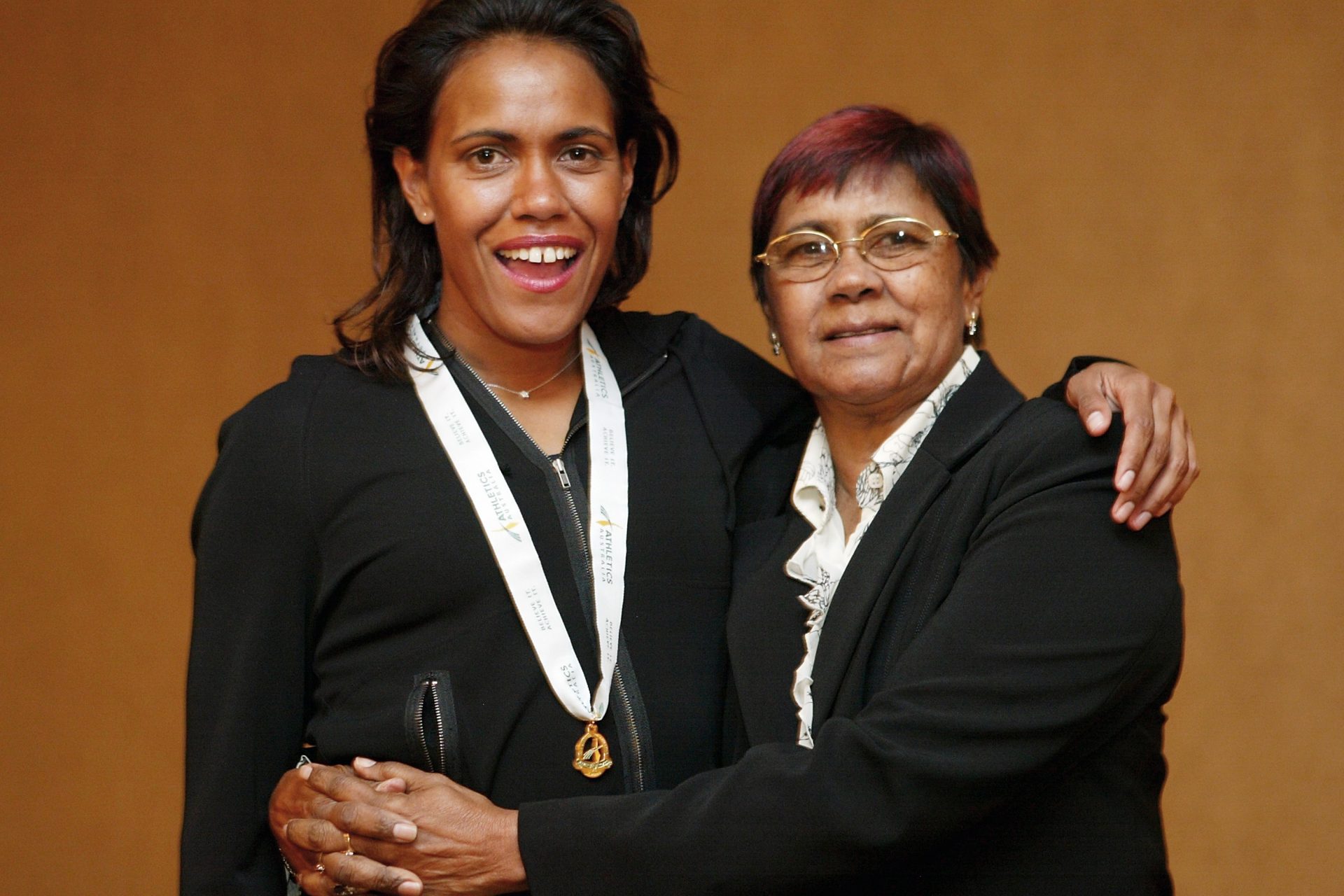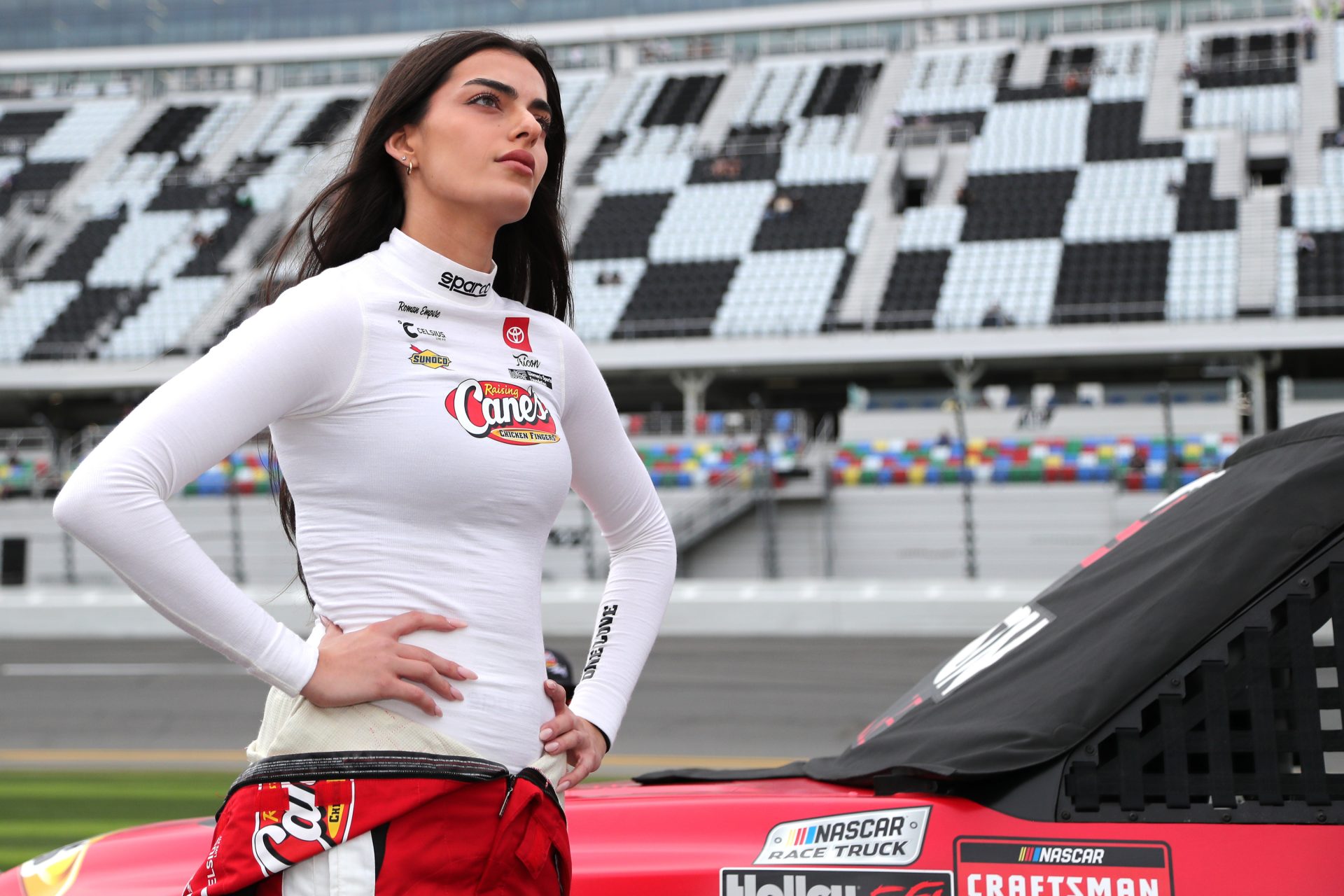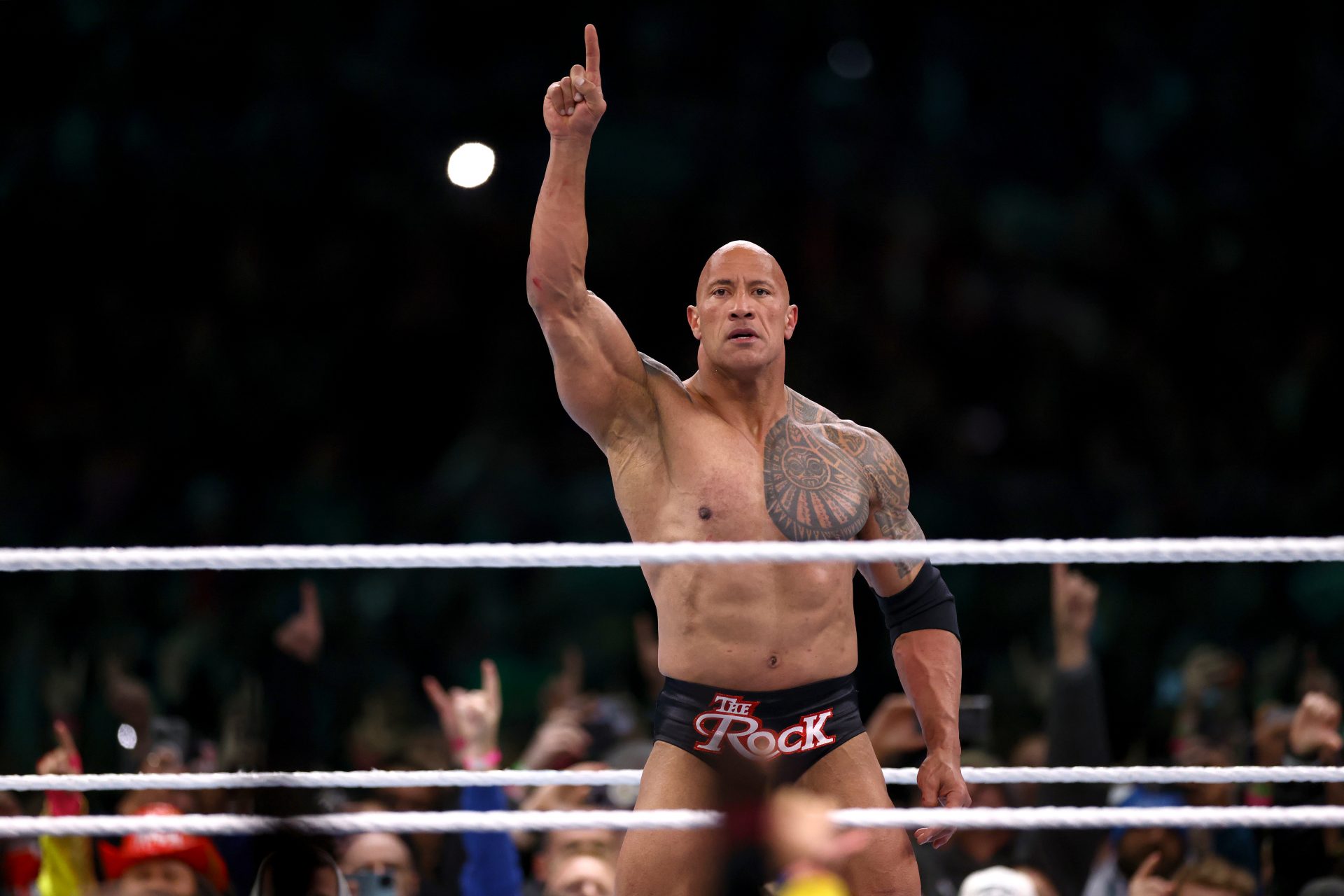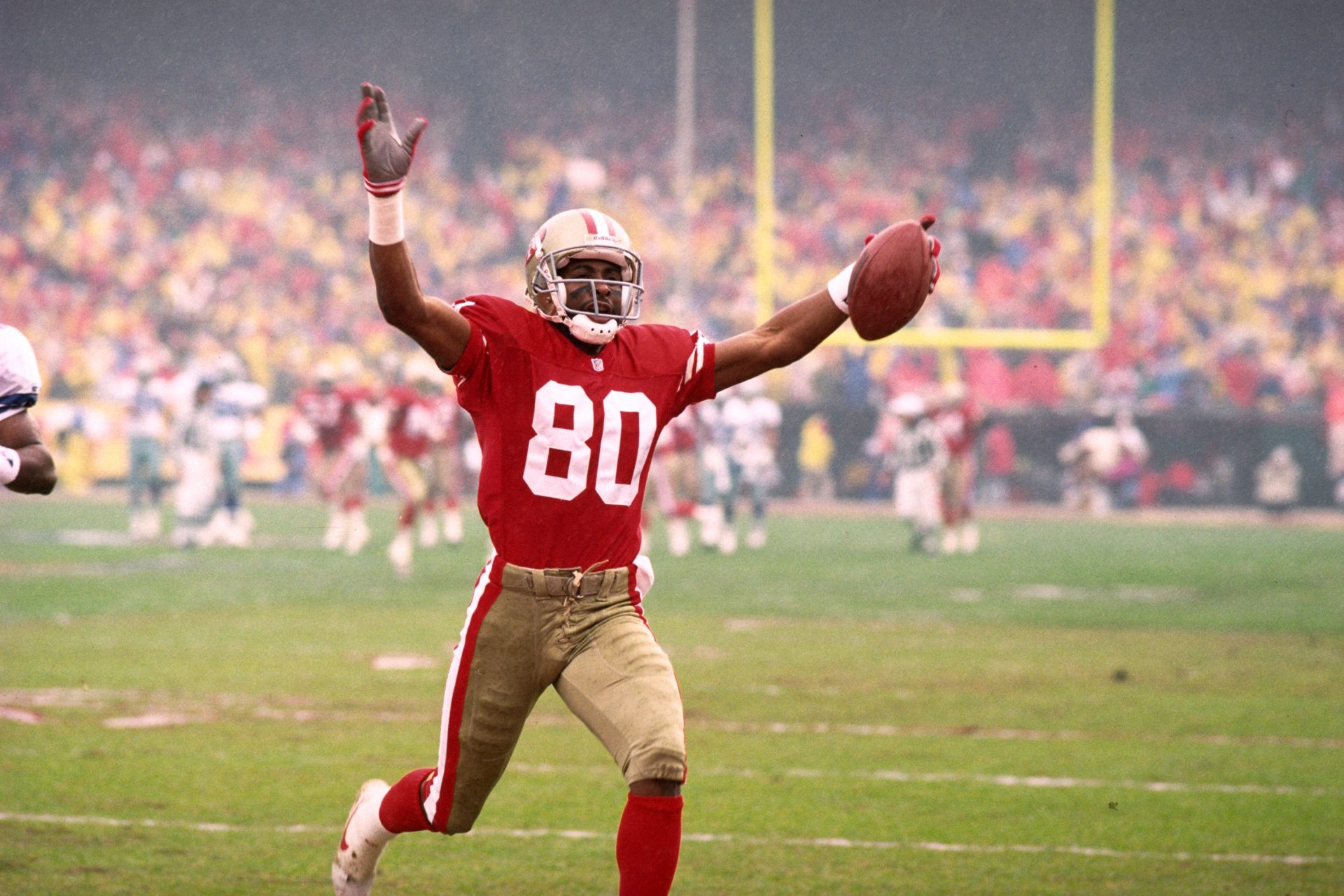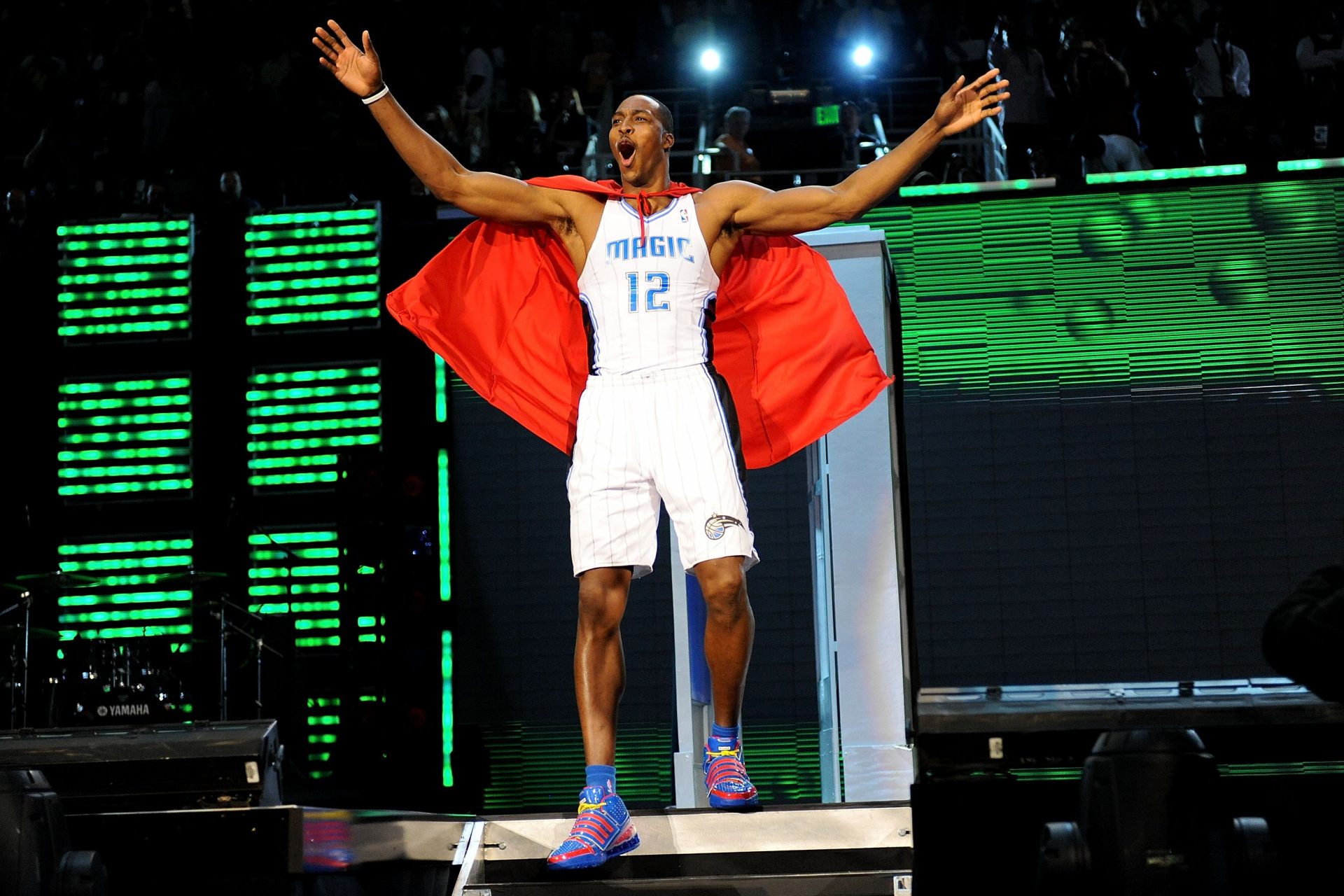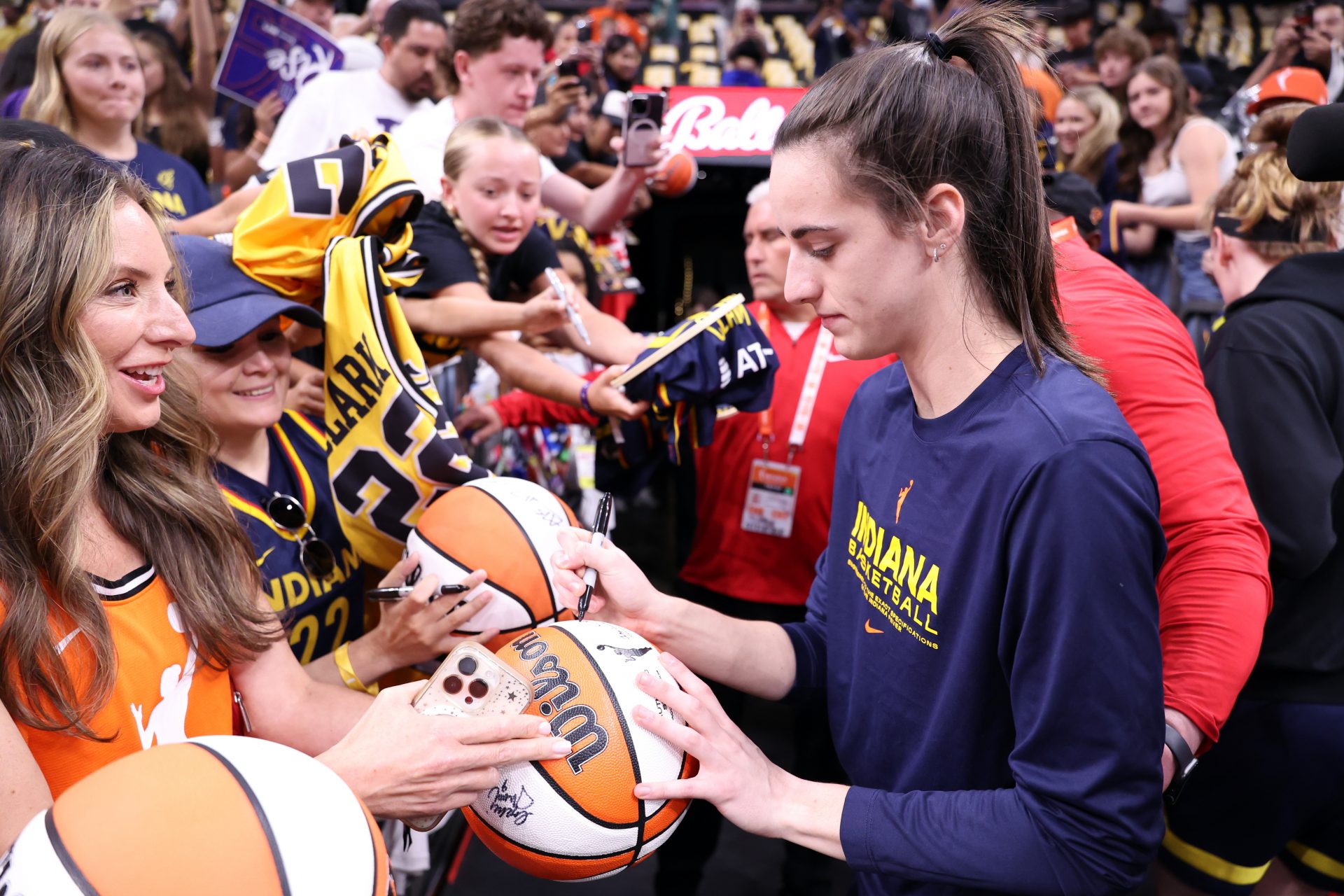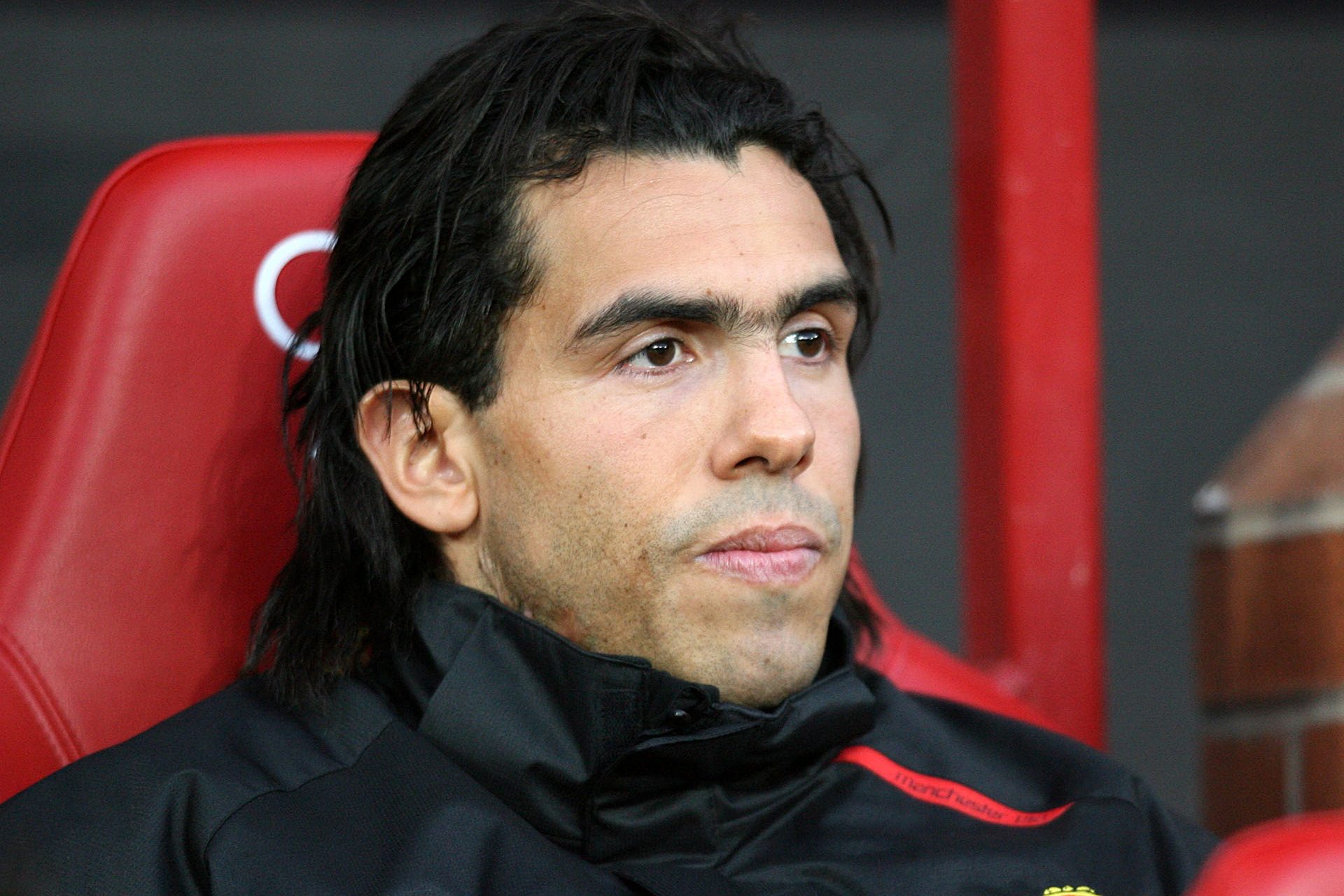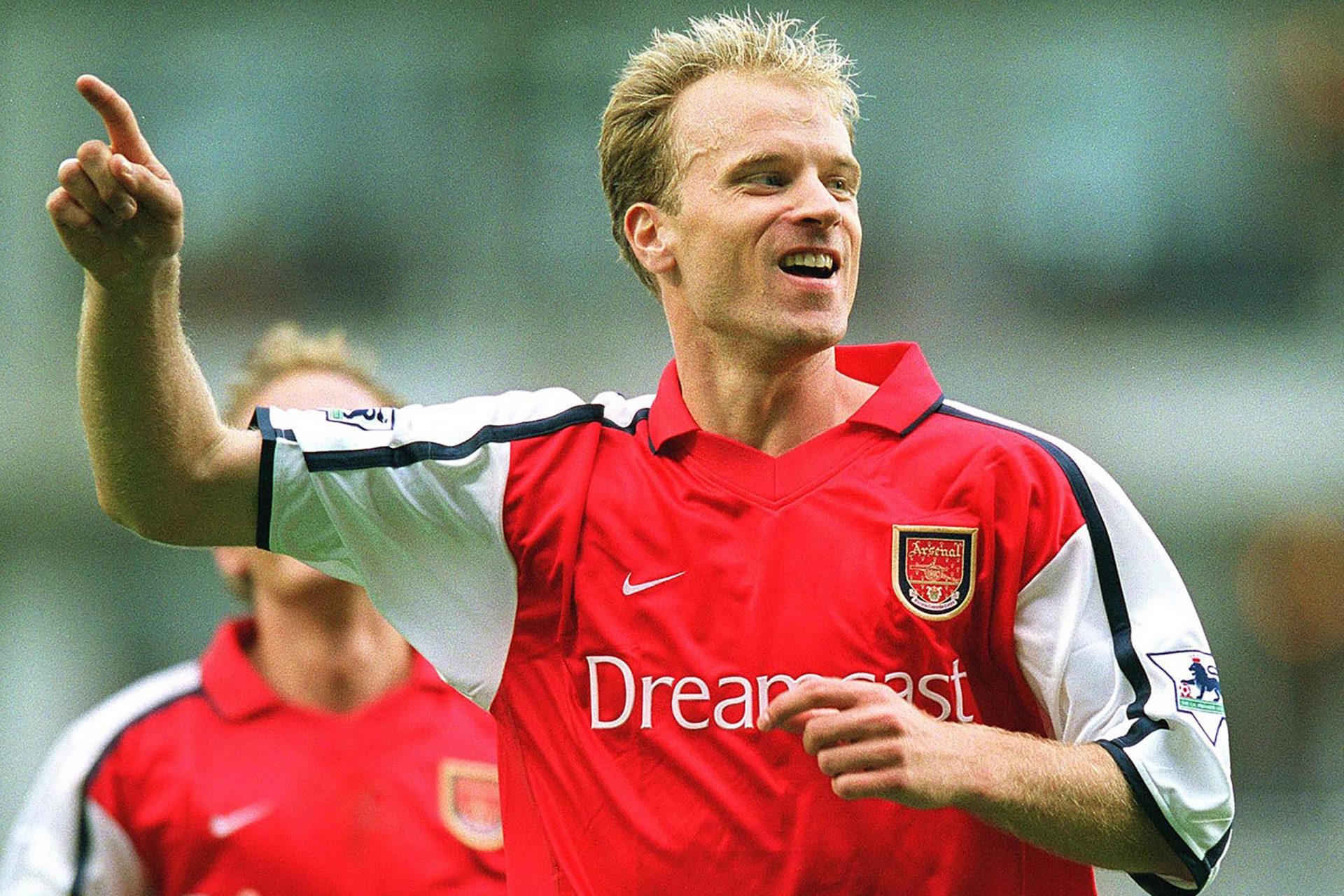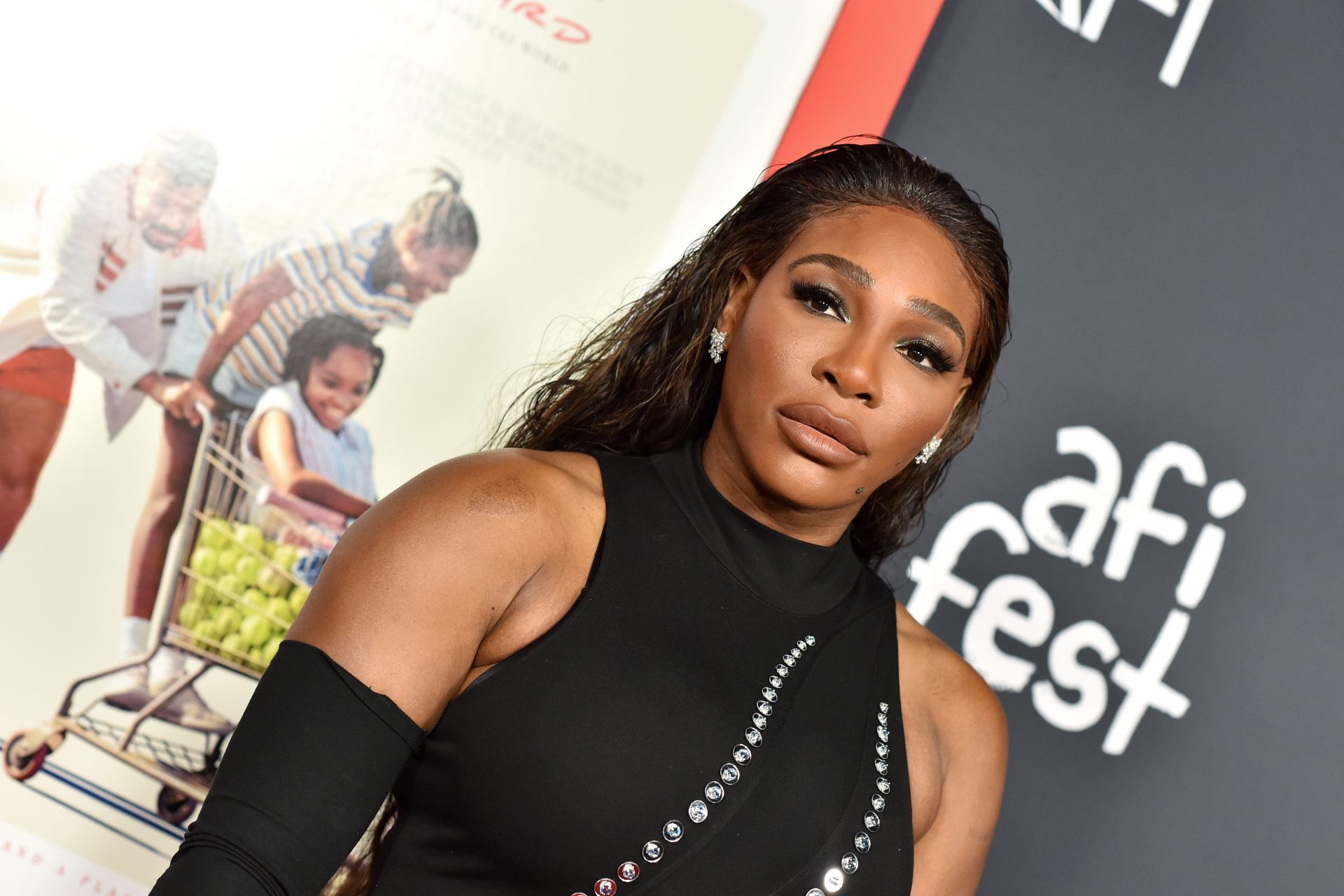Olympic legend Cathy Freeman reveals her biggest regret following shocking DNA results
Cathy Freeman is well known as one of the greatest athletes in Australian Olympic history, but a recent DNA test revealed some shocking results that led to the runner rethinking her entire career.
The 400m champion from the Sydney 2000 games revealed to News Corp, "After retirement I realise now that I had a really big appetite for the 800m, so stepping to a two-lap event up from a one-lap event... I would have loved, loved, loved to have given the 800-metre [race] a real crack."
Freeman then revealed, "I kind of have regrets I would say a little bit and I have never come out and said that publicly at all before, but I can own it now because it's in my DNA results." Essentially claiming her DNA would have been better suited to an 800m race than 400m, a crazy thought for someone already so accomplished in one discipline.
Want to see more like this? Follow us here for daily sports news, profiles and analysis!
Cathy Freeman's legacy lives on in the pantheon of Australian sporting greats, but her story is a truly fascinating one, so let's take a look.
Cathy Freeman, an iconic figure in Australian athletics, is perhaps best known for her extraordinary achievements on the track, including her gold medal performance in the 400 meters at the 2000 Sydney Olympics. But Freeman's legacy extends well beyond her sporting prowess.
In the lead up to the Paris Olympics, let’s take a look back at Cathy Freeman’s incredible career, her impact on Australia beyond the sporting realm, and where we find her today.
Catherine Astrid Salome Freeman was born on February 16, 1973, in Mackay, Queensland. As a member of the Kuku Yalanji people, her Indigenous heritage played a significant role in her identity and her sporting journey.
Freeman showed an early interest and aptitude in athletics, winning her first gold medal at a school athletics championship when she was just eight years old, as documented by the official Olympics website.
Freeman's talent was nurtured by her stepfather, Bruce Barber, and coach Mike Danila. Her first major international success came in 1990 when she won a gold medal as part of Australia’s 4x100 meters relay team at the Commonwealth Games in Auckland, New Zealand, making her one of the first Indigenous Australians to win a gold medal at an international event.
The 1990s saw Freeman’s rise to international stardom. In 1994, she won gold in both the 200 meters (22.25 secs) and the 400 meters (50.04 secs) at the Commonwealth Games in Victoria, Canada, as documented by World Athletics.
Want to see more like this? Follow us here for daily sports news, profiles and analysis!
Her performance in the 400 meters, where she carried both the Australian and Aboriginal flags during her victory lap, was a powerful statement of her heritage and pride.
This was an important moment for Freeman, who had effectively snuck the Aboriginal flag in with her kit bag from Australia, to showcase her pride in her identity. As she told in her 2003 biography ‘Cathy: Her Own Story’, she had been denied a first-place trophy after a competition “apparently because I was Black”.
“I wanted to shout, ‘Look at me. Look at my skin. I’m black, and I’m the best.’ There was no more shame.”
The gesture sparked outrage from Australian Commonwealth Games boss Arthur Tunstall, who said all Australians had to compete under a single flag and tried to ban her from carrying the Indigenous flag.
“She should have carried the Australian flag first up, and [we should have] not seen the Aboriginal flag at all,” Tunstall (pictured) told media at the time, as reported by The Sydney Morning Herald.
There was little he could have done to stop her, though, with Freeman writing in her biography: “I was ready and I knew it. This was my race, and no one was going to stop me telling the world how proud I was to be Aboriginal,” she reflected.
Freeman's crowning achievement came at the 2000 Sydney Olympics. Amid enormous pressure and expectation from her home country, she delivered a spectacular performance in the 400 meters final.
Wearing her now-famous green and gold bodysuit, Freeman crossed the finish line first with a time of 49.11, securing the gold medal. Her victory lap, carrying both the Australian and Aboriginal flags once again, became an iconic moment in Olympic history symbolizing unity and reconciliation.
Reflecting on the event in 2024 to Australia’s Channel Seven program 'The Front Bar', Freeman, 27 at the time, was feeling the pressure to deliver for the country at the prestigious international event – an event she had become something of a poster girl for with her prominent role lighting the Olympic flame.
“I was really vulnerable right before I left the coach, and I said to him, ‘Are you still going to love me if I don’t win this thing?’” Freeman said on Seven.
“It’s funny; after so many years, these memories come back and you sort of go, ‘Oh yeah, that is what happened’. But then as soon as I got out onto the track, the training takes over.”
Freeman retired from competitive athletics in 2003, having achieved everything she set out to do on the track. However, her life after athletics has been equally impactful, marked by her dedication to social causes and her personal journey of growth and healing.
In 2007, she established the Cathy Freeman Foundation, which aims to improve educational outcomes for Indigenous children. The foundation works in remote Indigenous communities, providing programs that encourage school attendance, improve literacy and numeracy skills, and support the transition to further education or employment.
In 2006, she married James Murch, and the couple welcomed their daughter, Ruby, in 2011.
Want to see more like this? Follow us here for daily sports news, profiles and analysis!
Freeman has received numerous accolades and honors for her contributions to sport and society. She was named Australian of the Year in 1998 and has been awarded several honorary doctorates from Australian universities. In 2014, she was inducted into the Sport Australia Hall of Fame, cementing her status as one of the nation’s greatest athletes.
More for you
Top Stories



